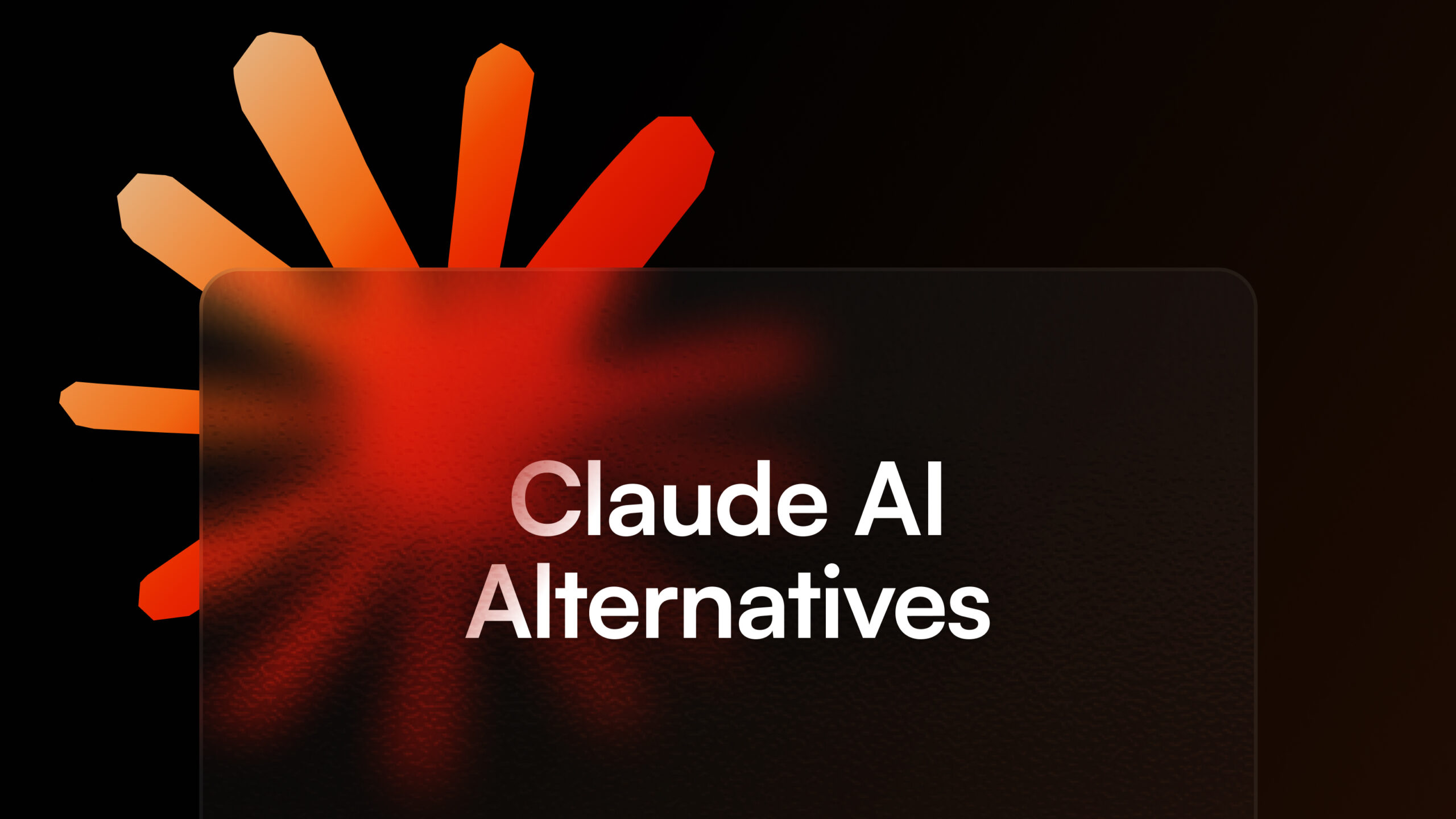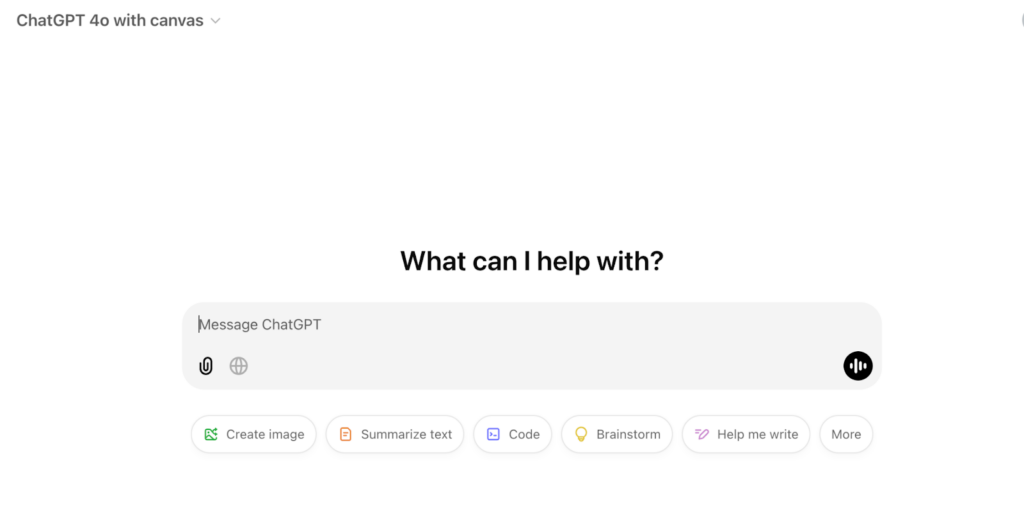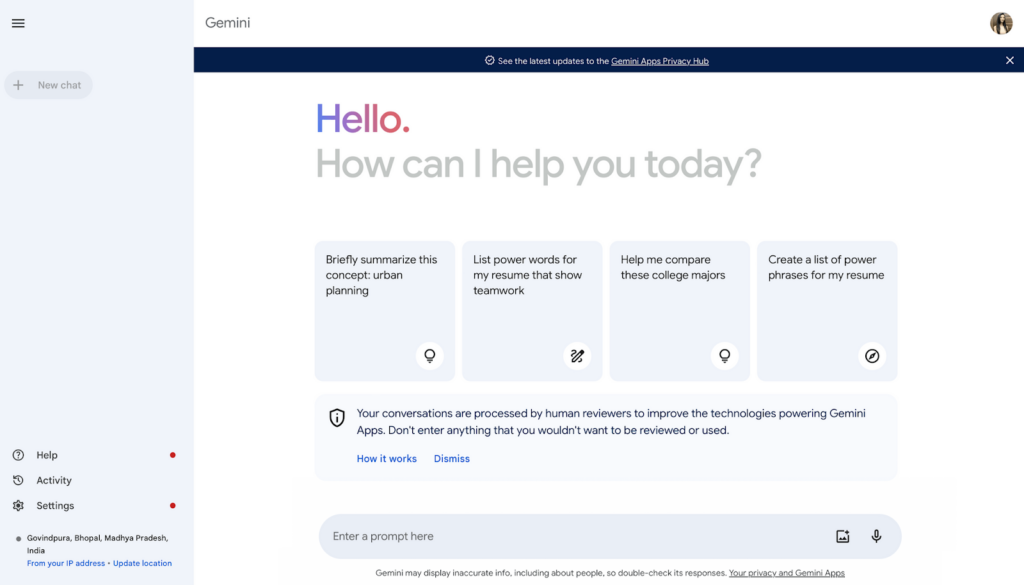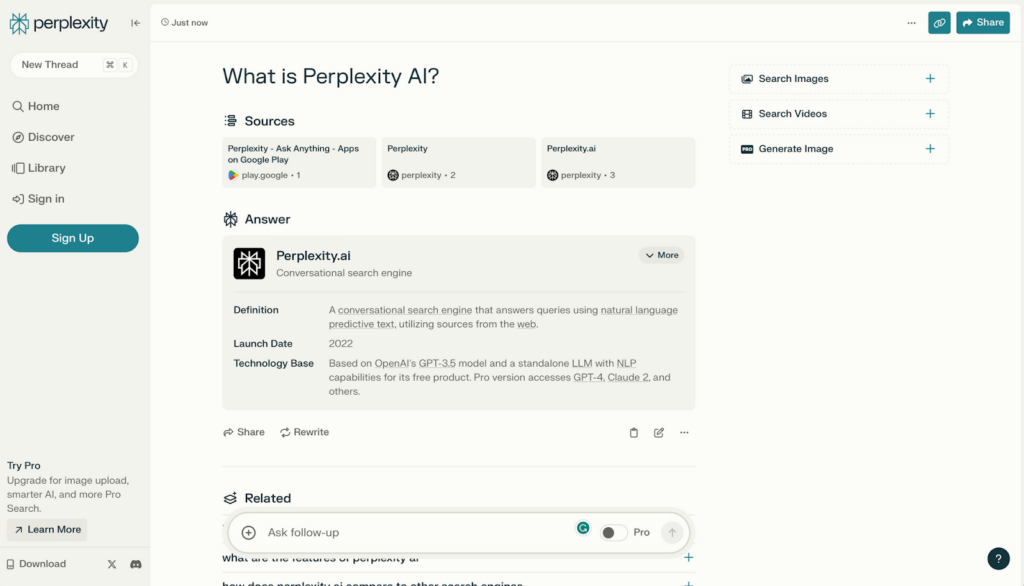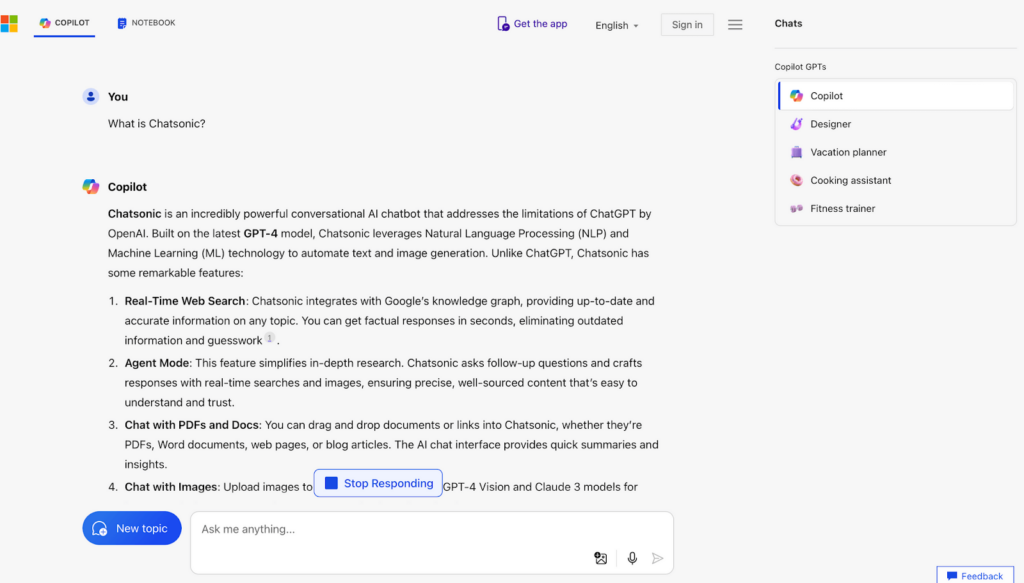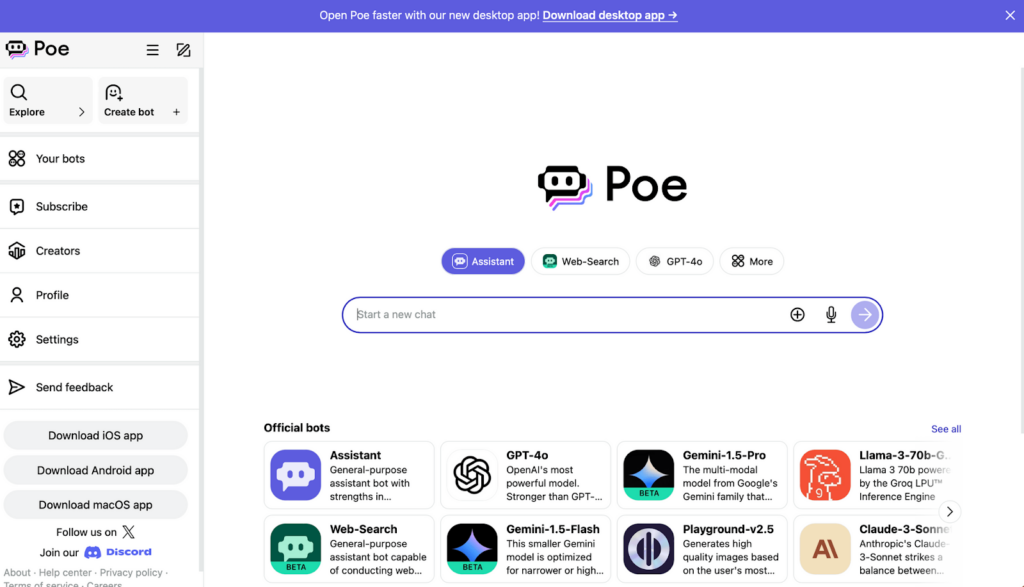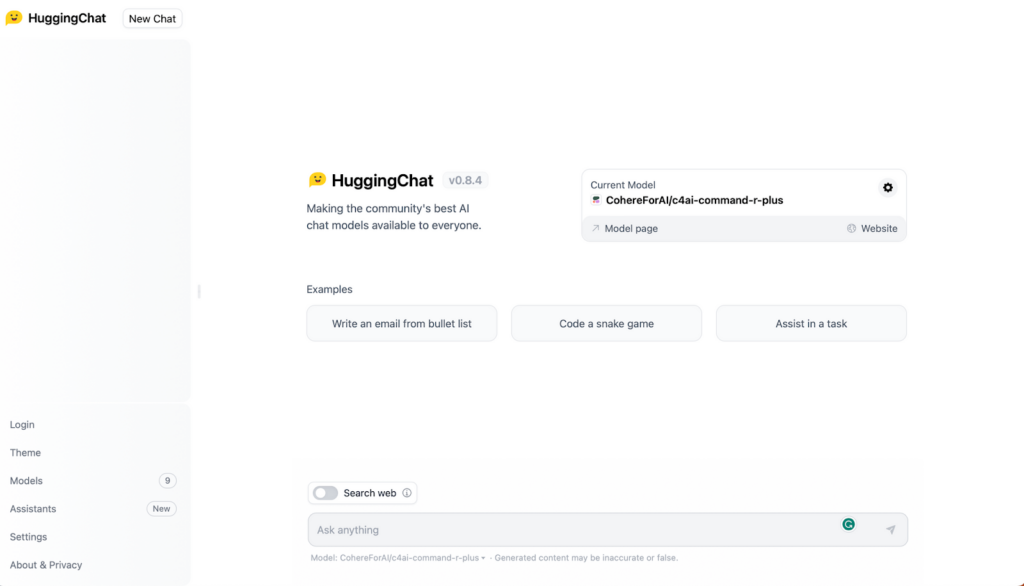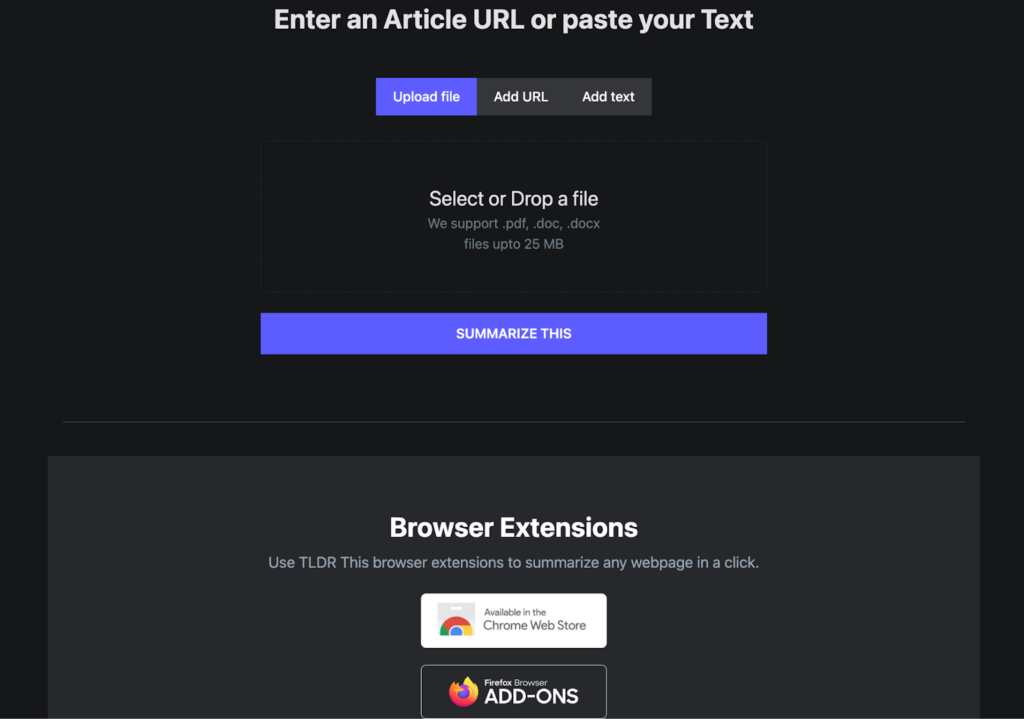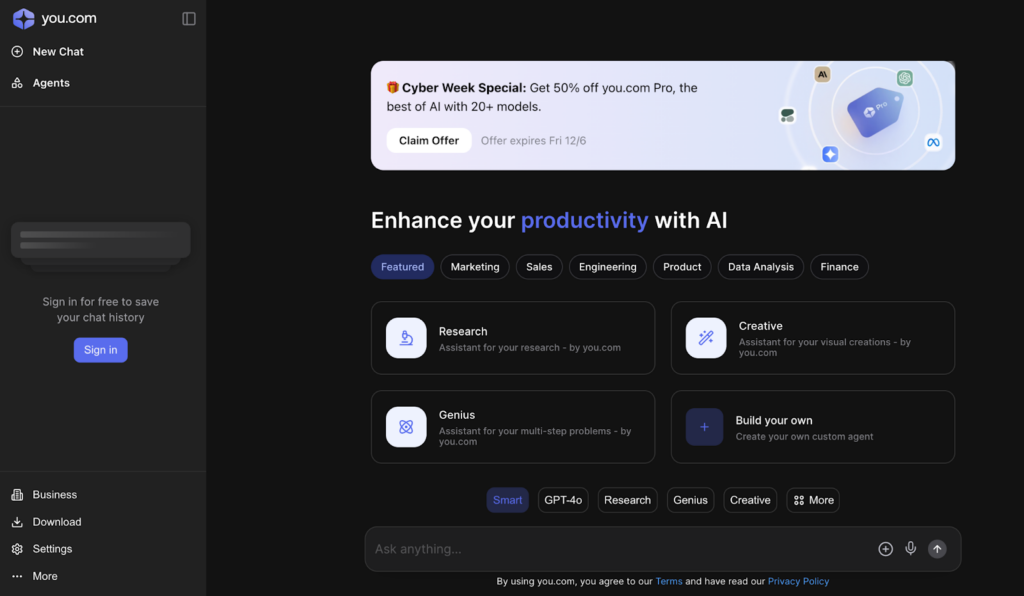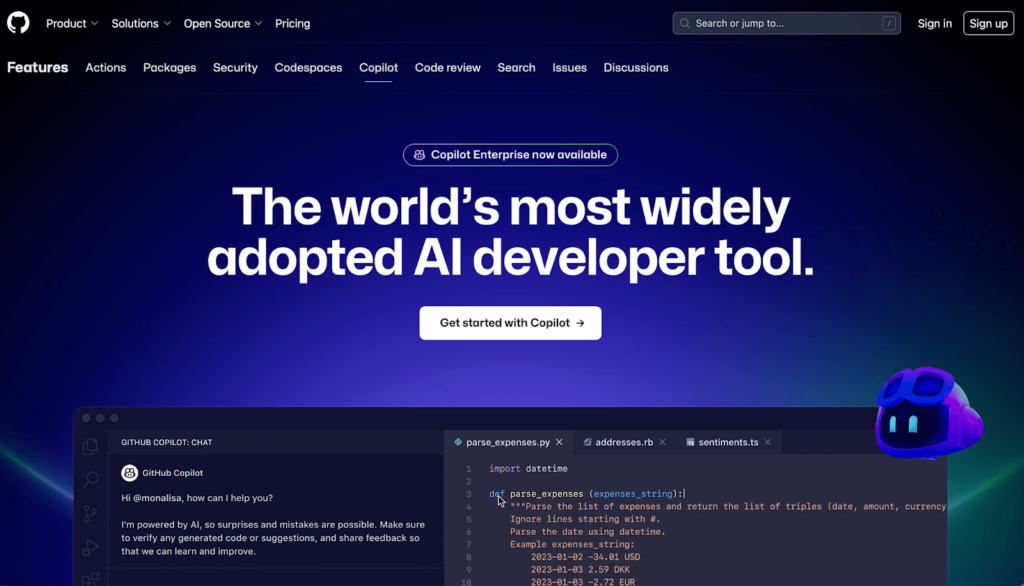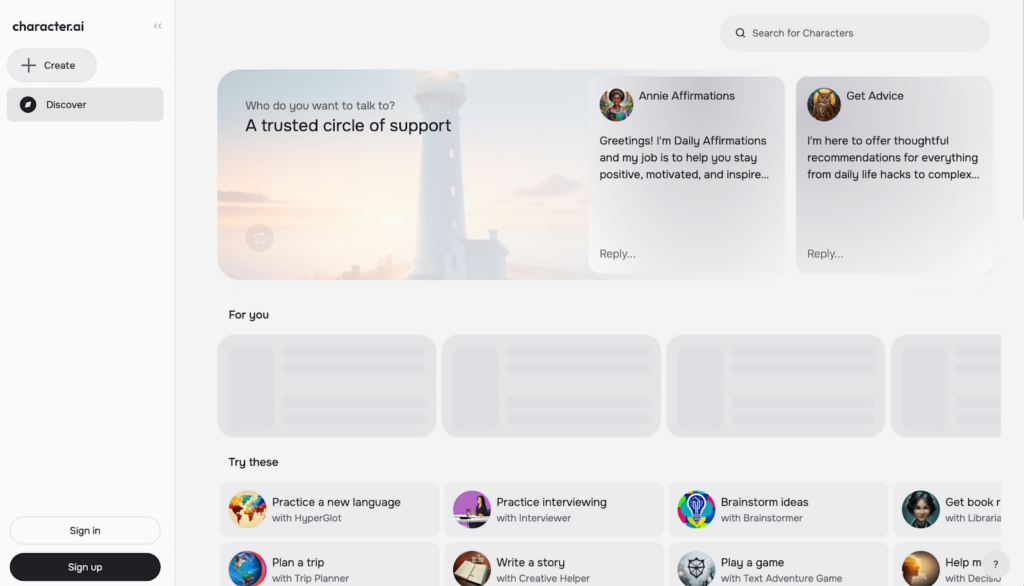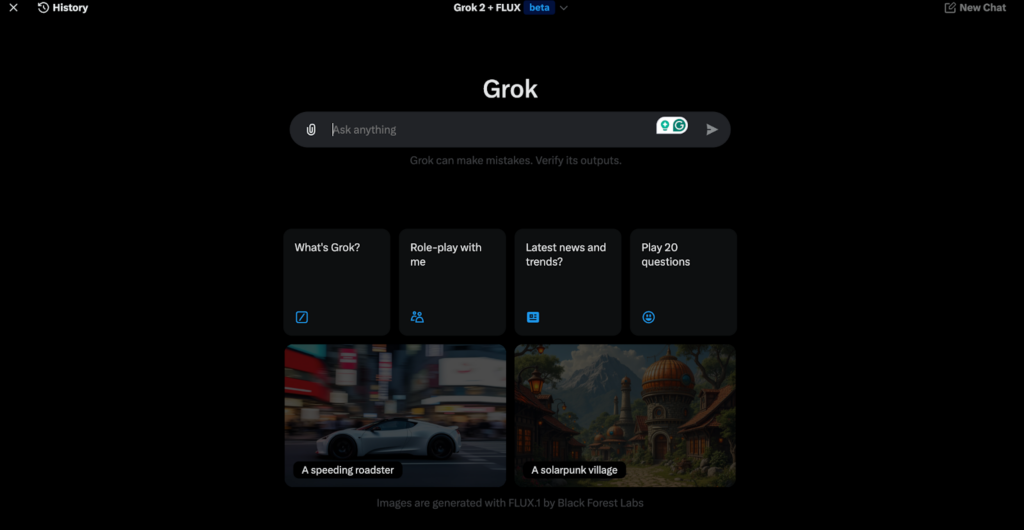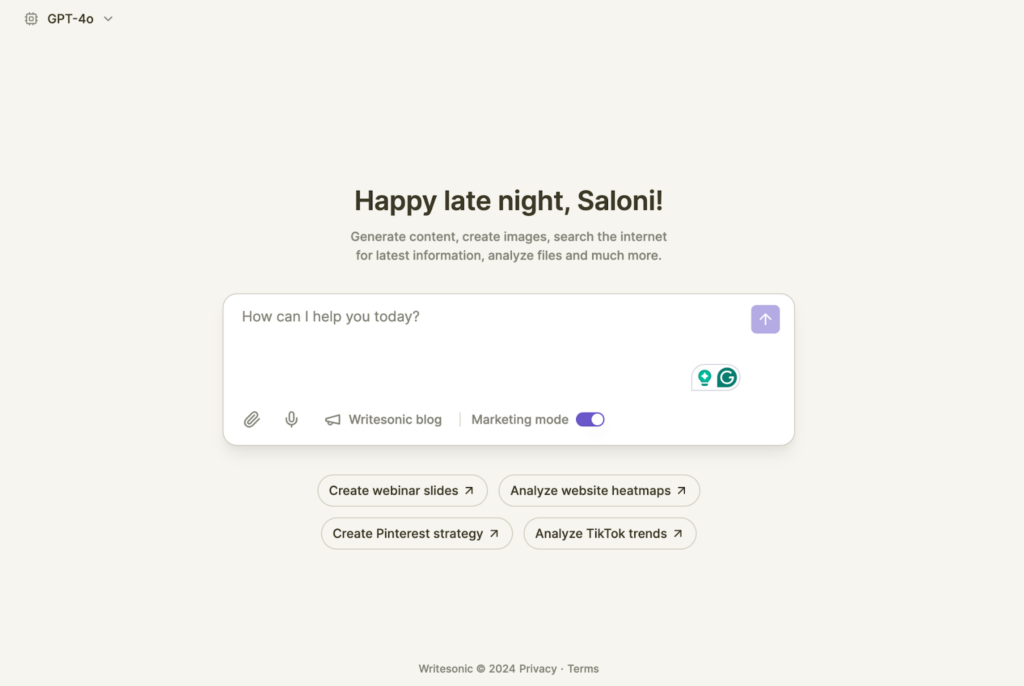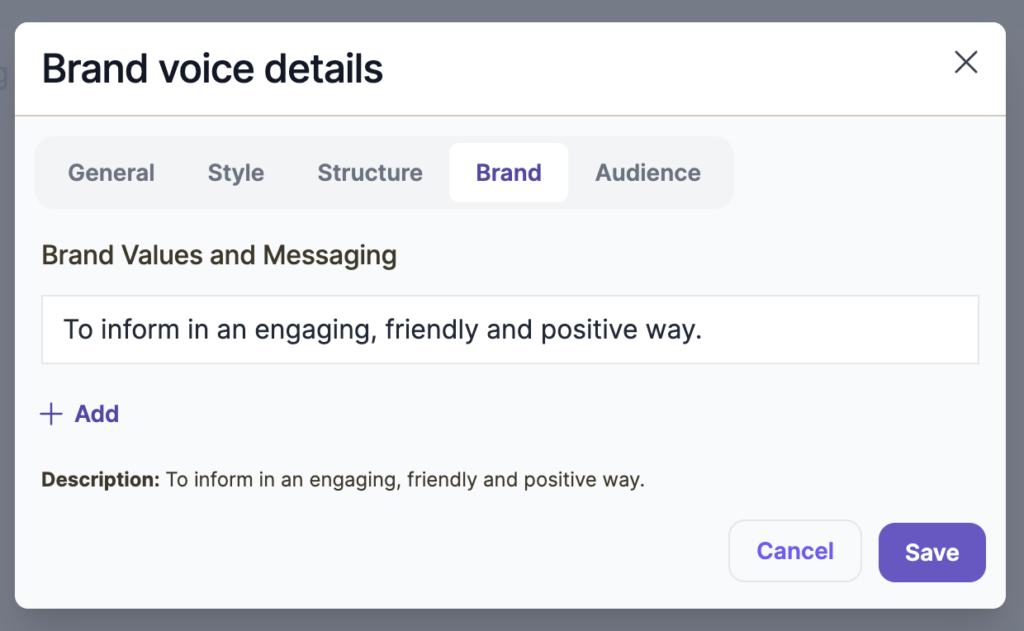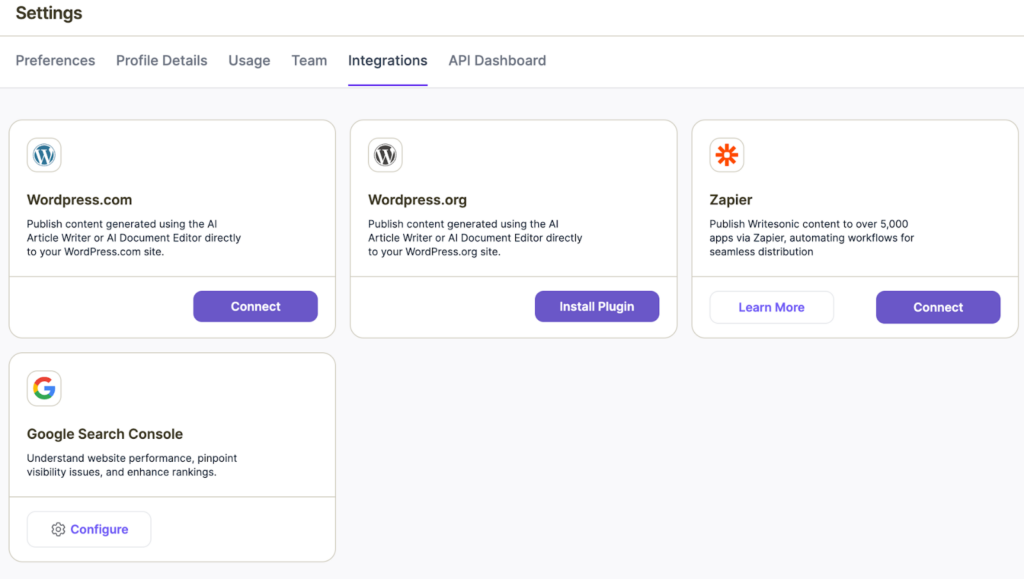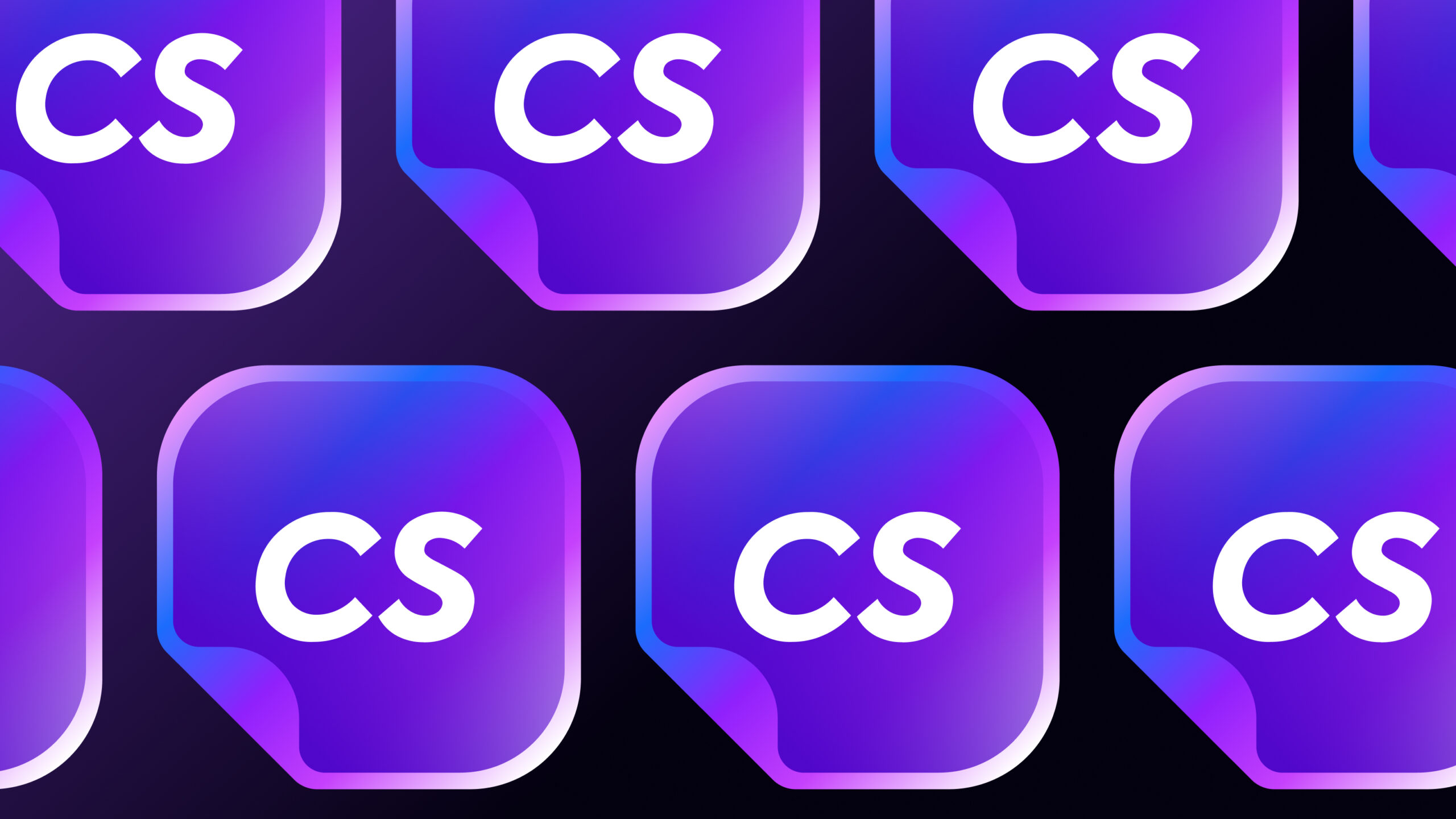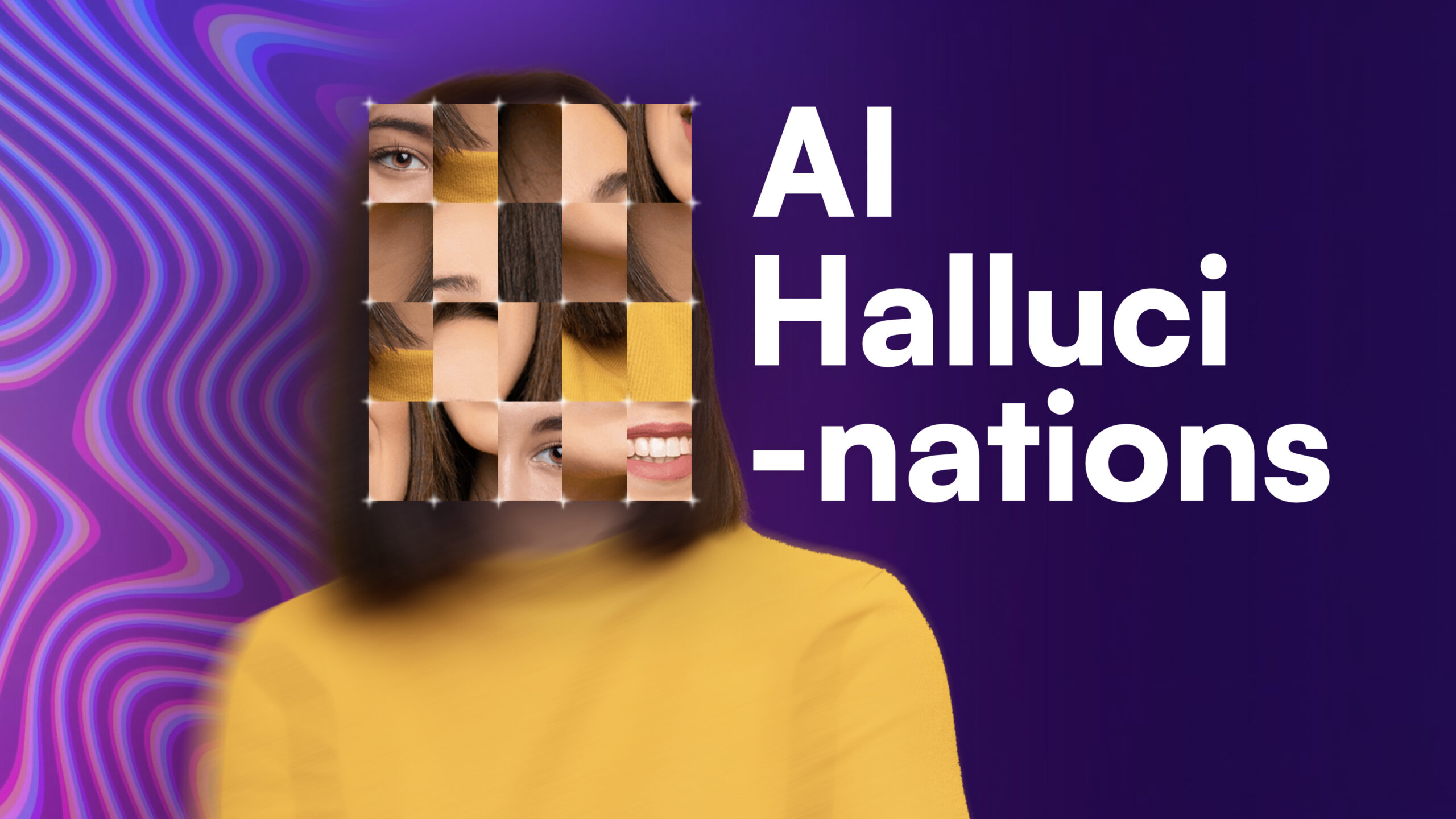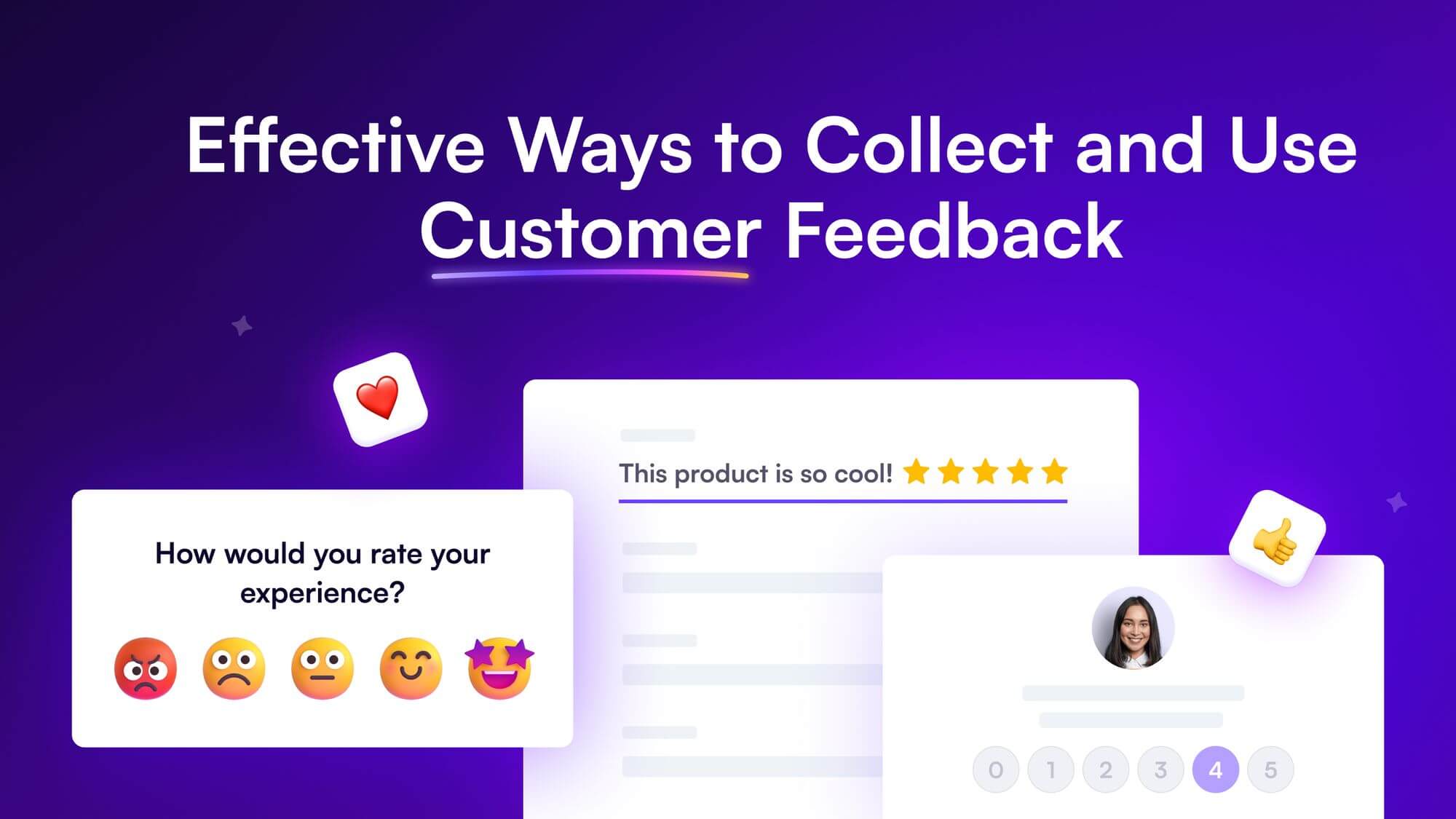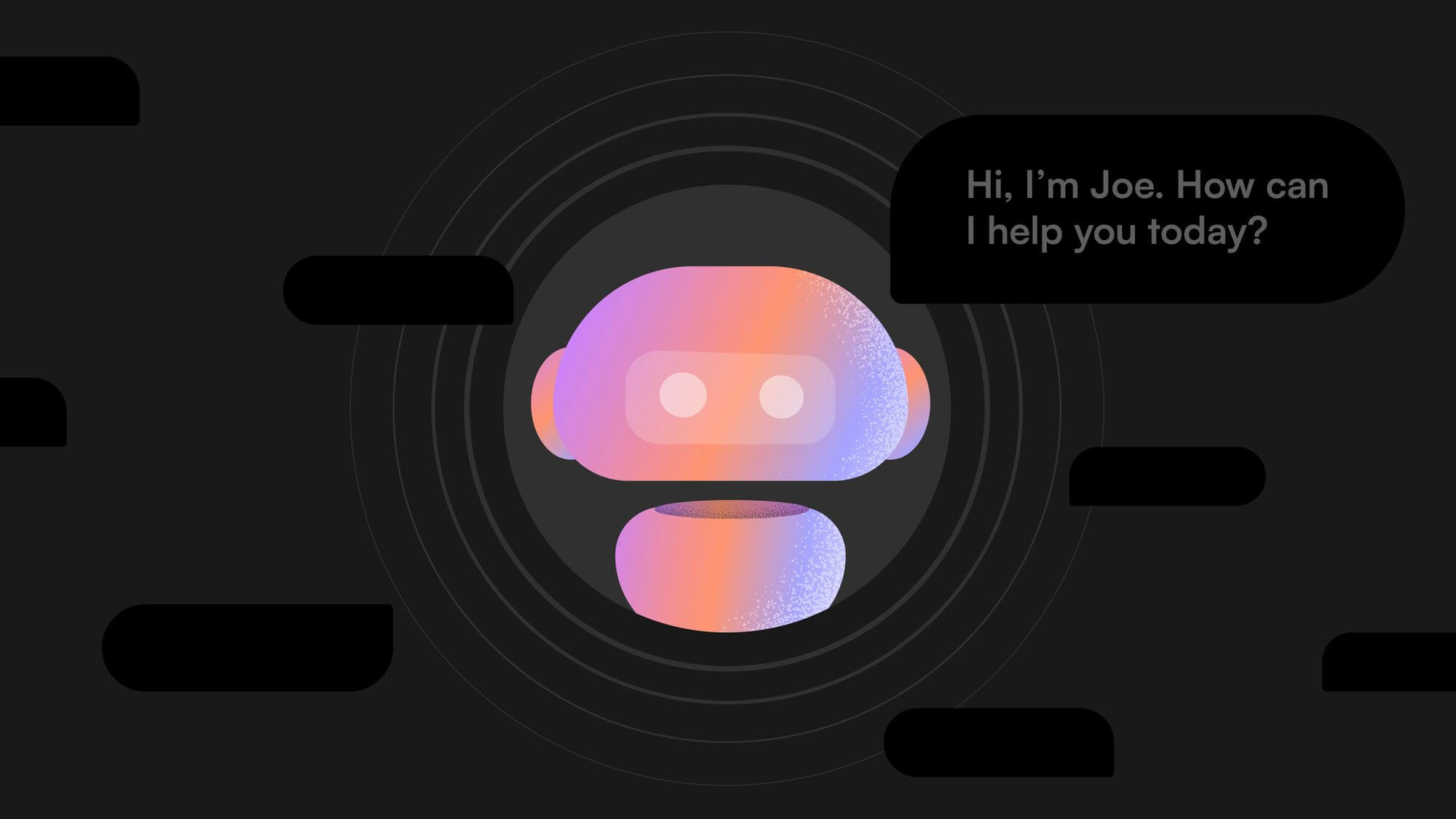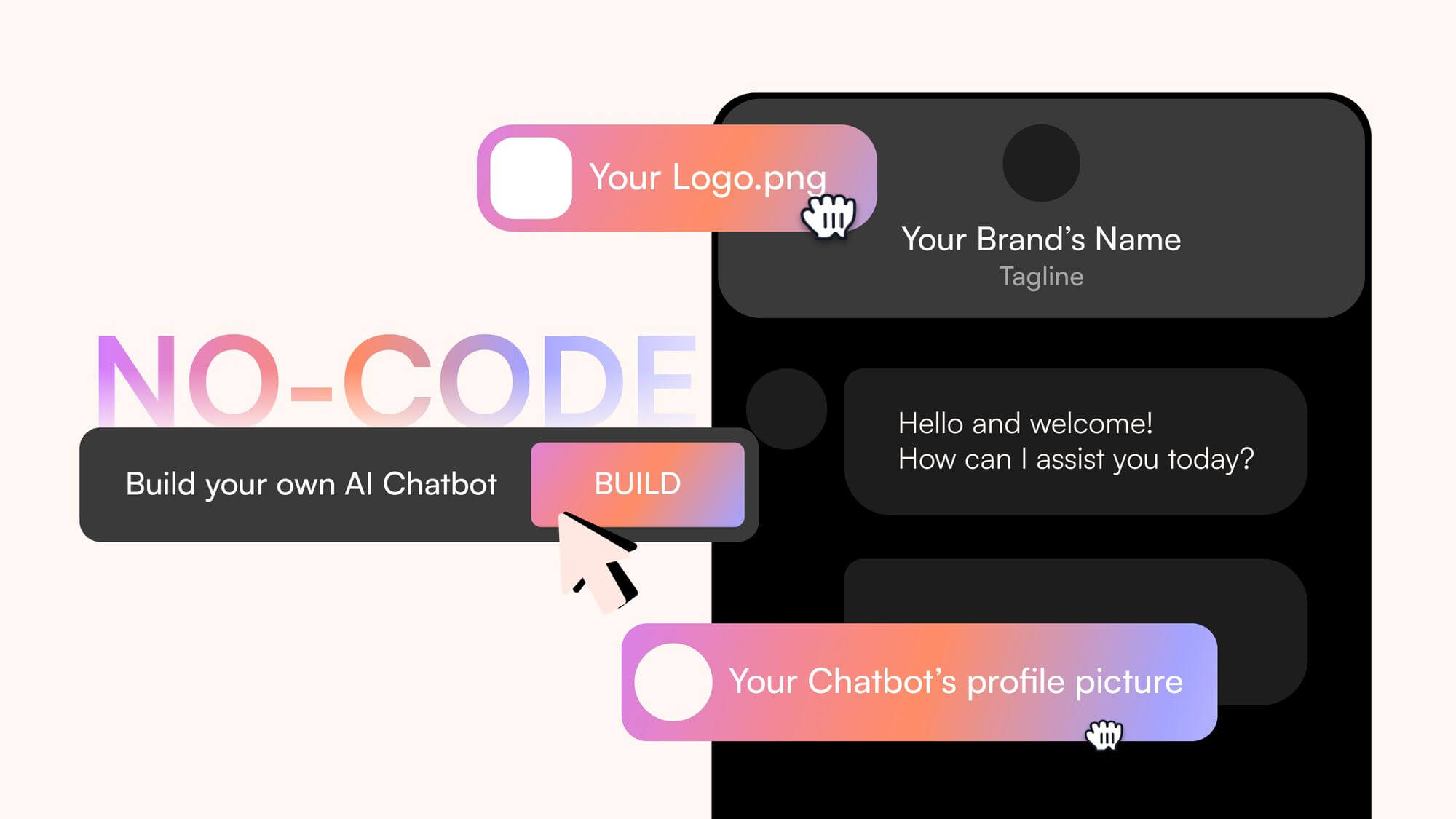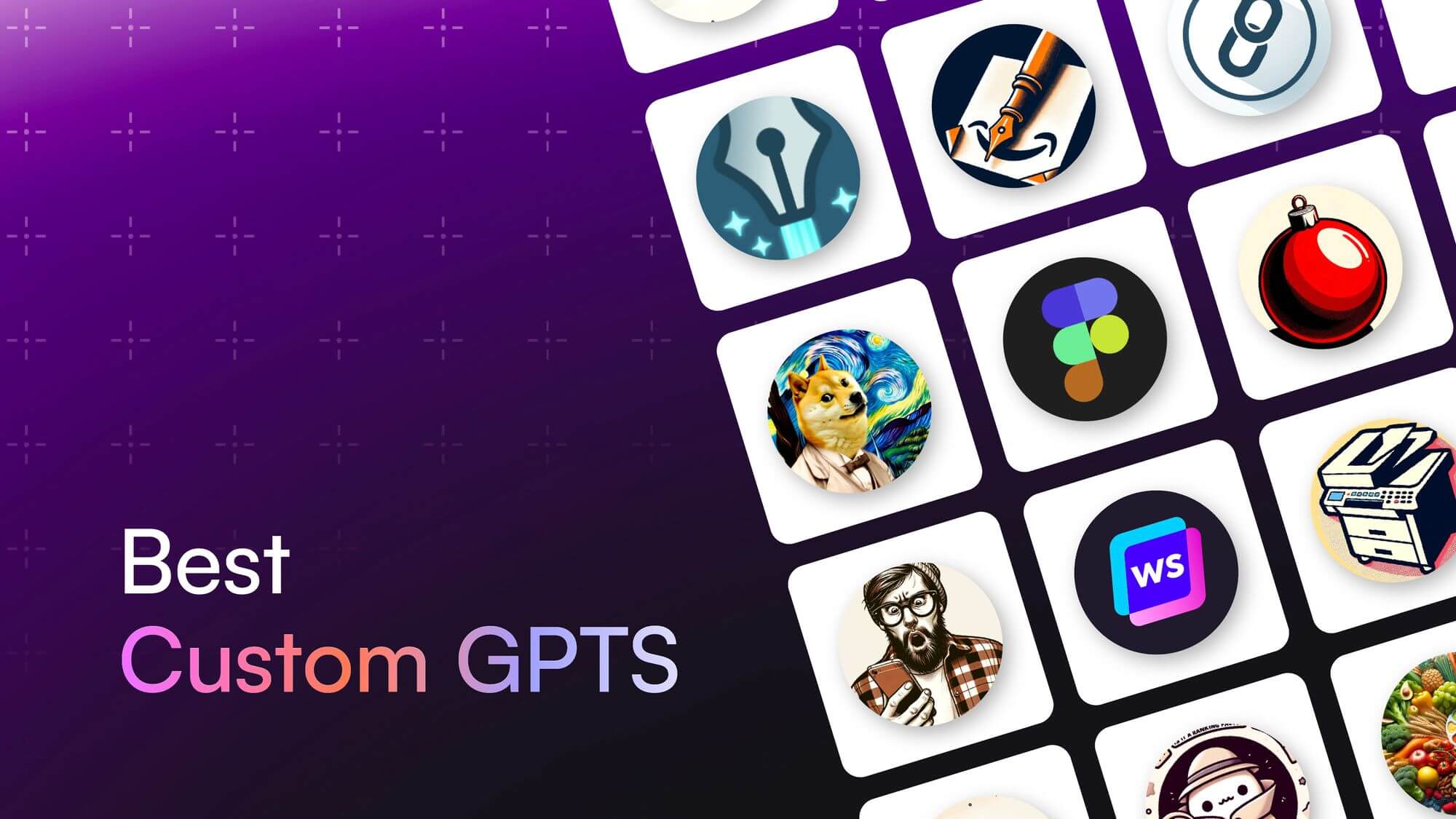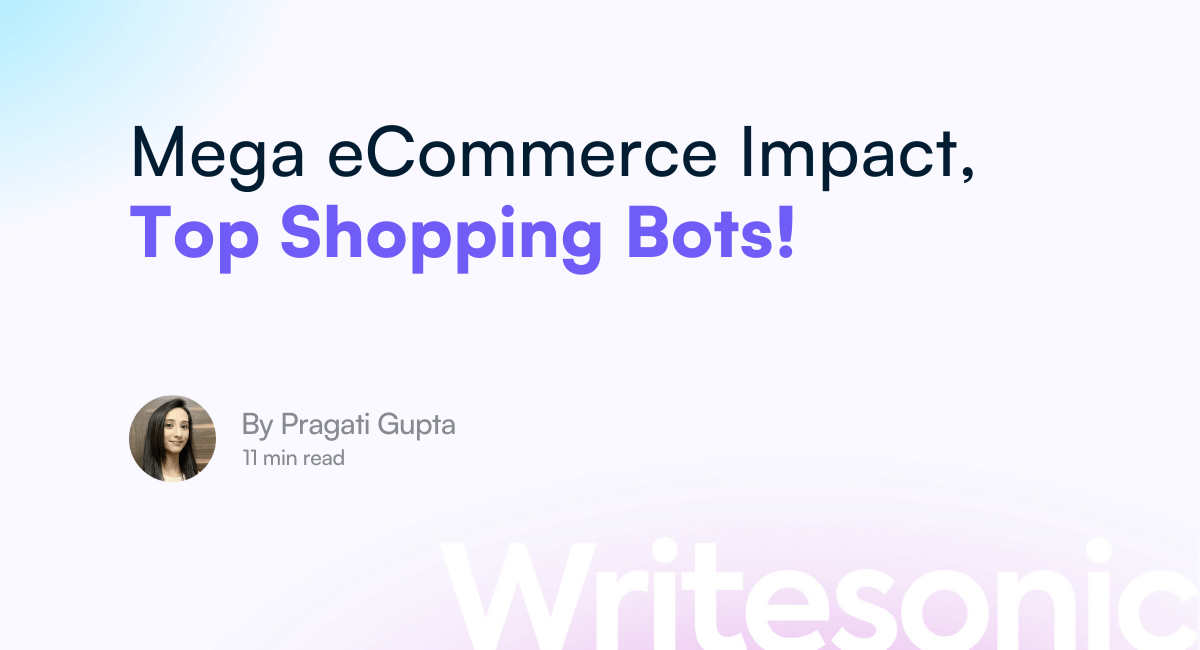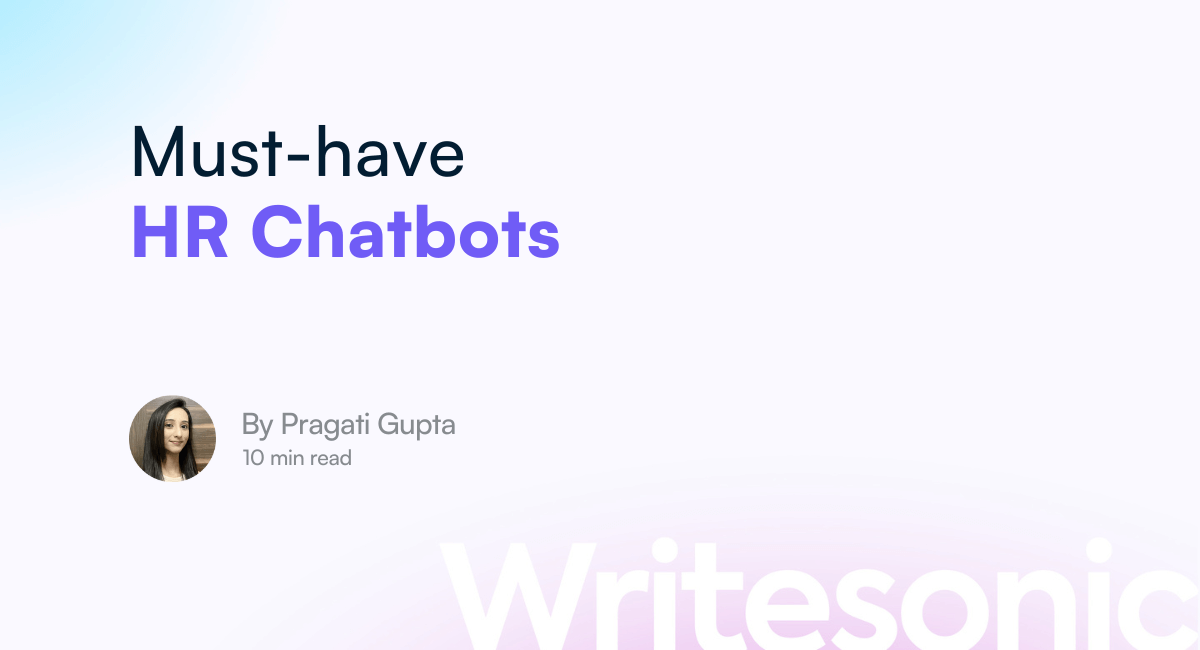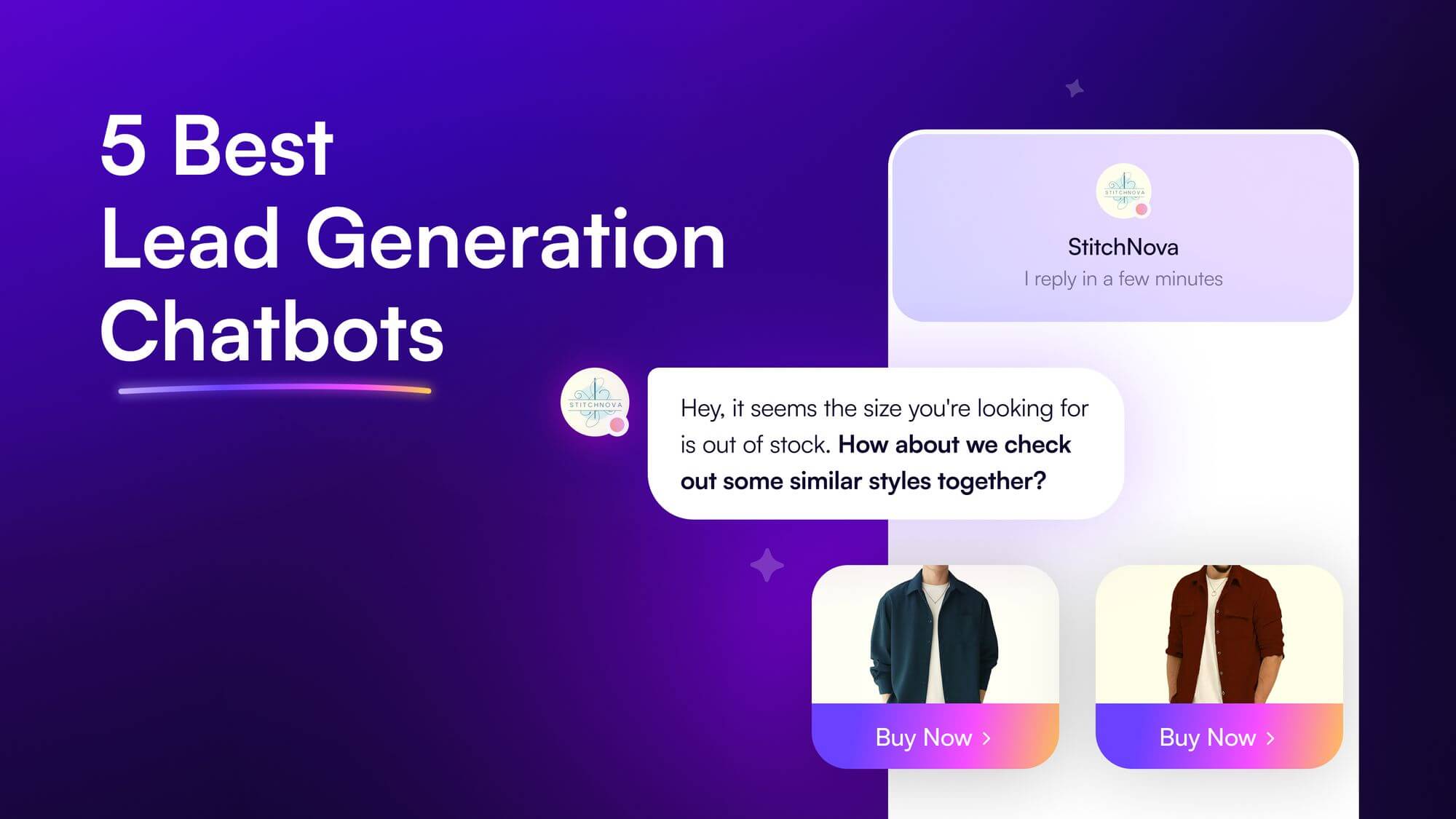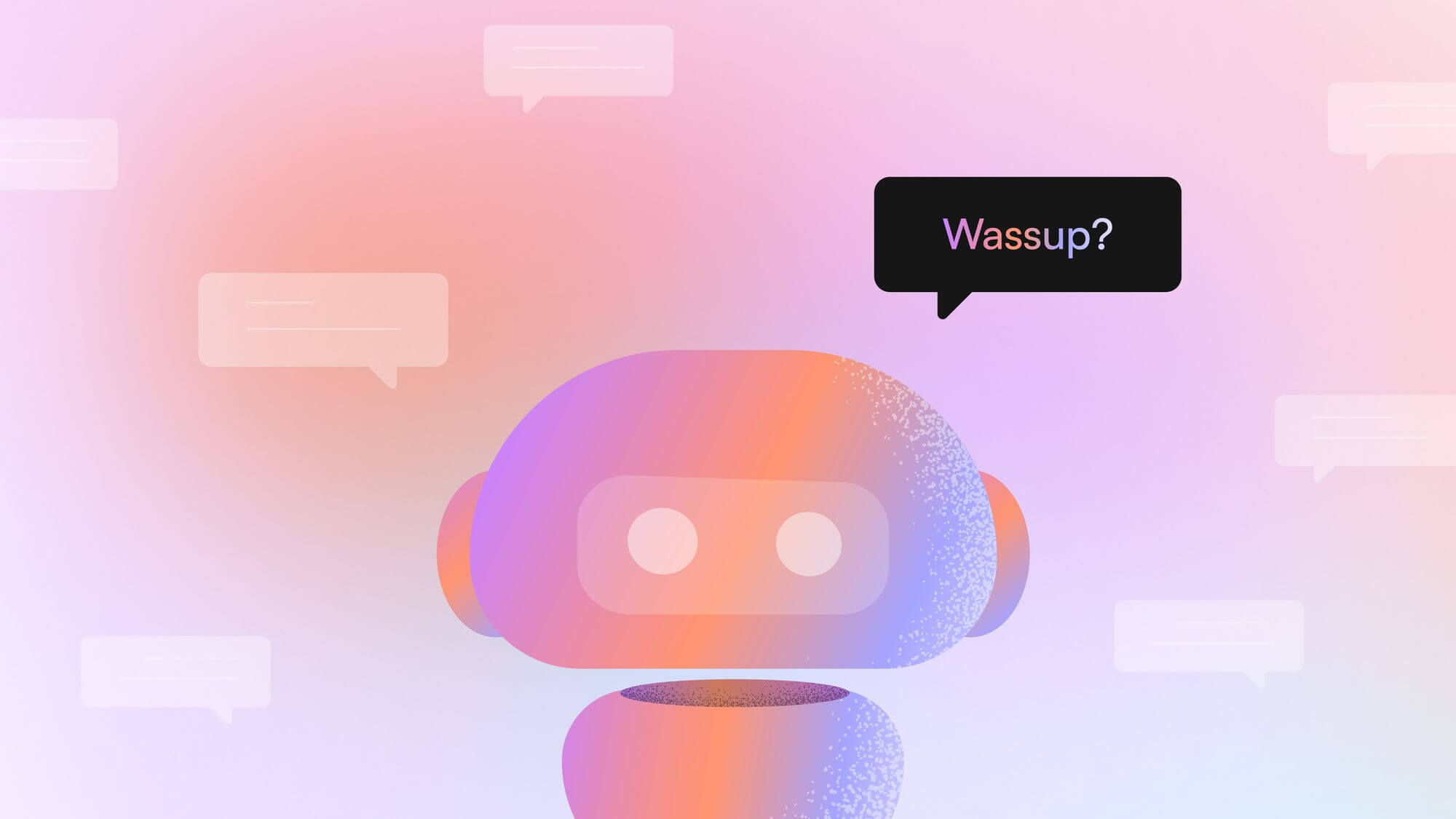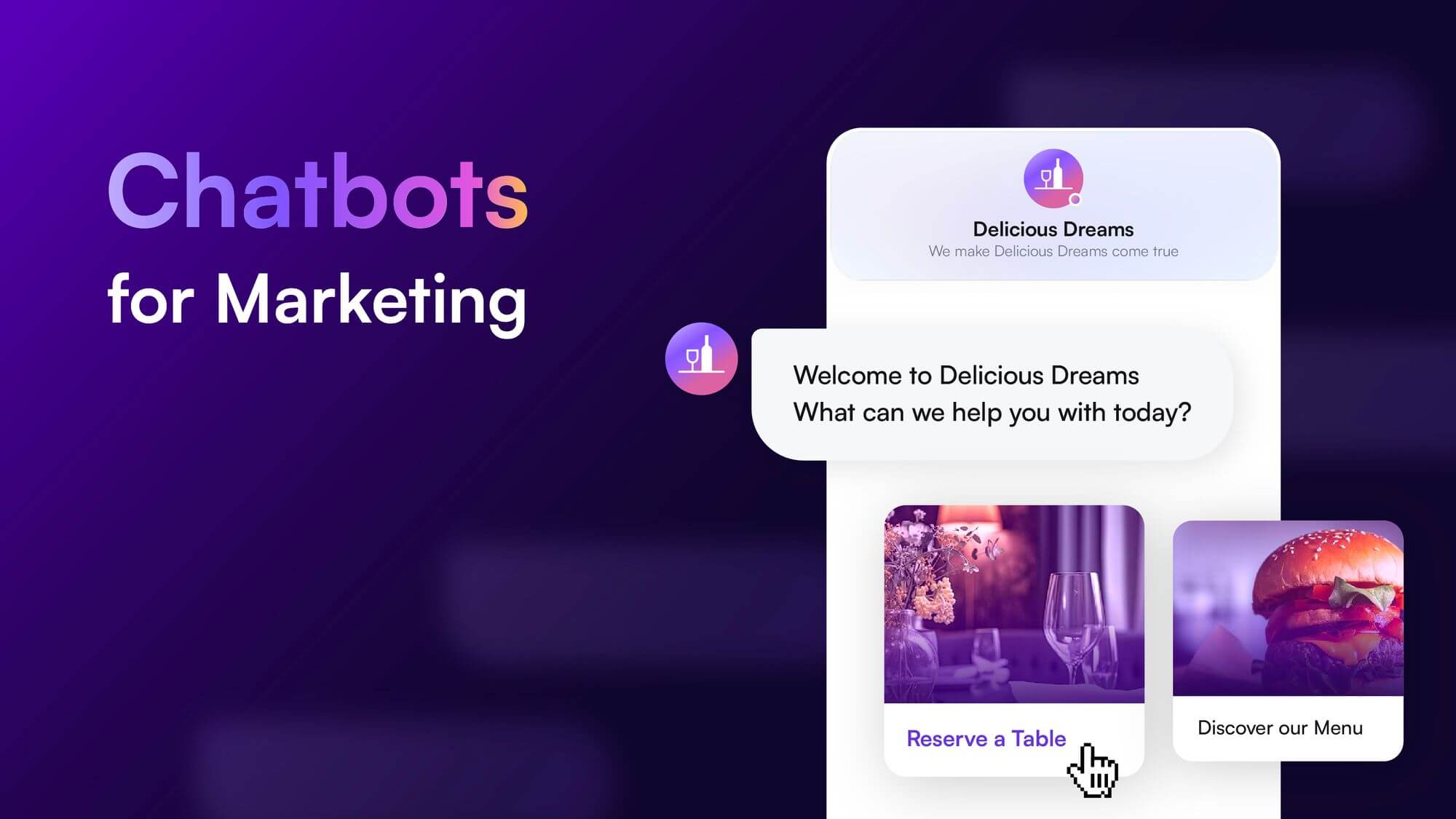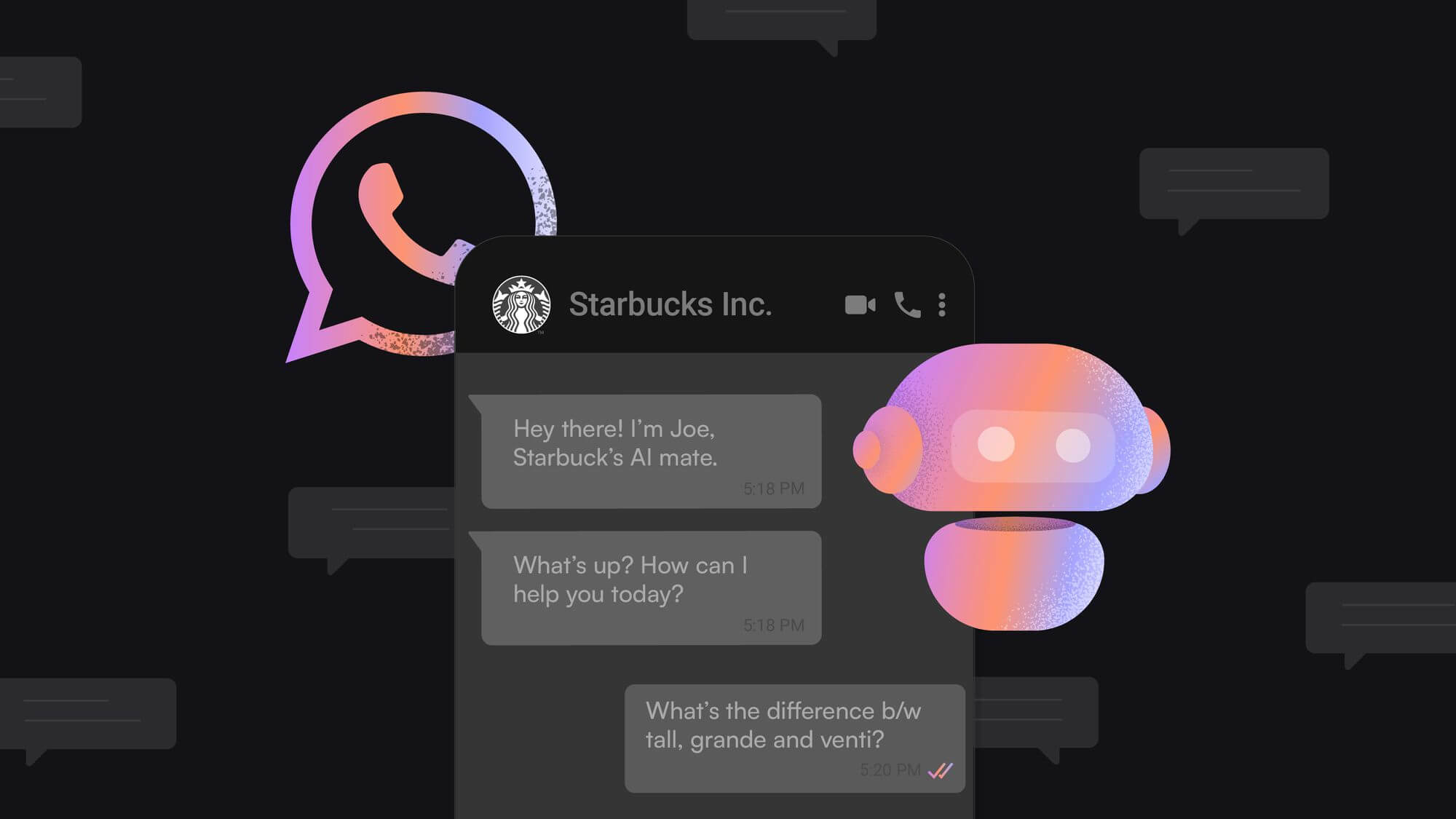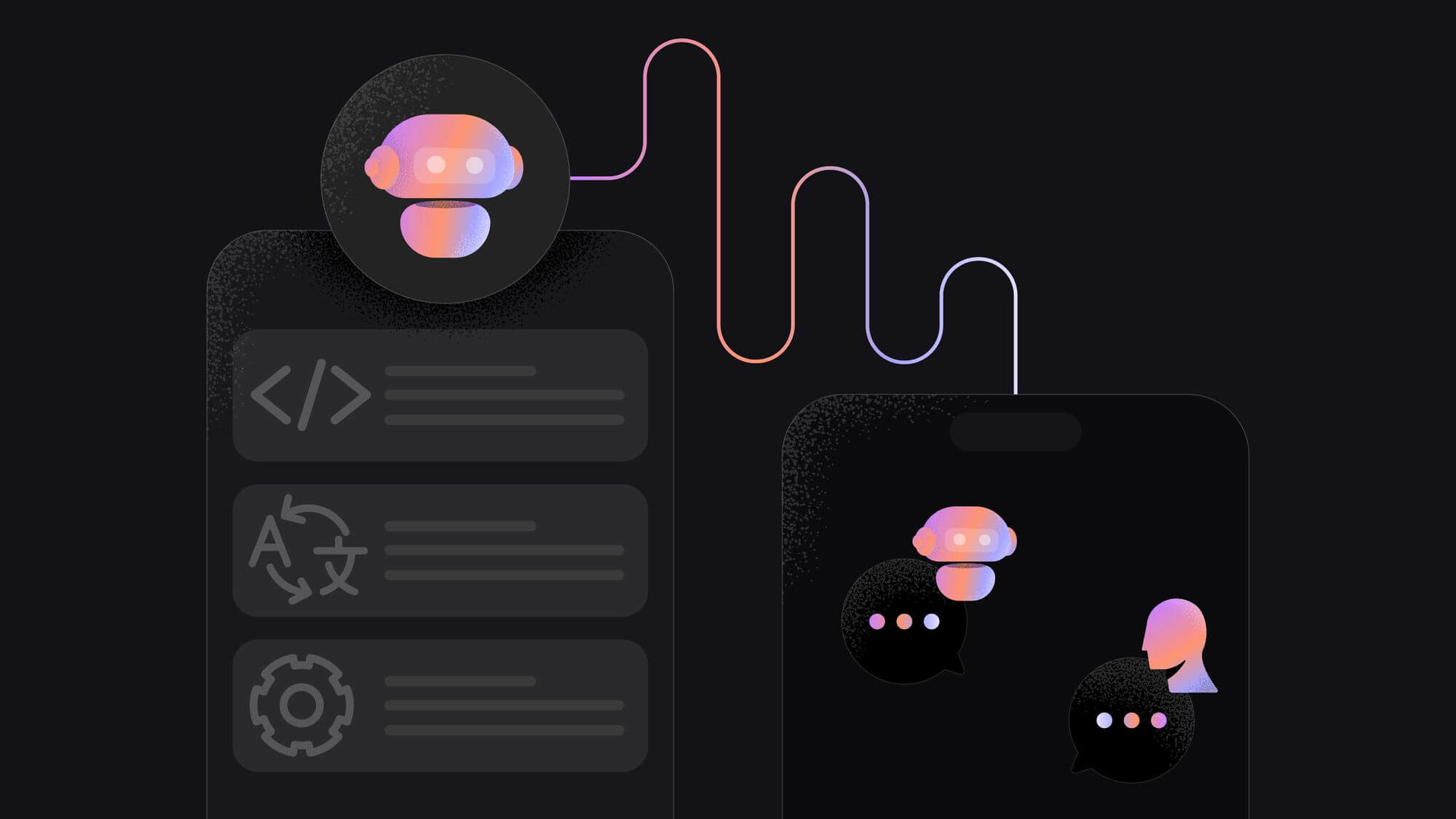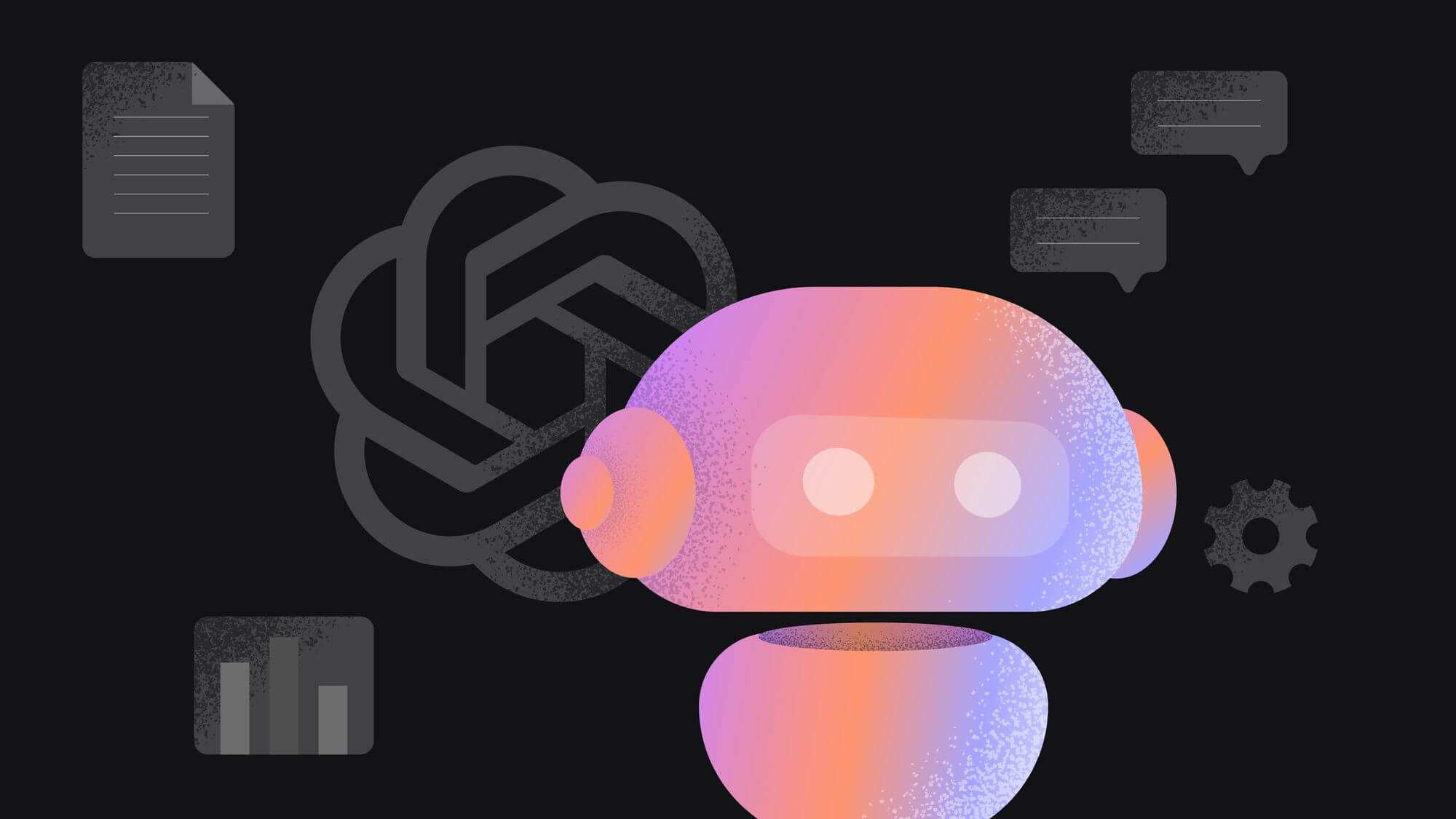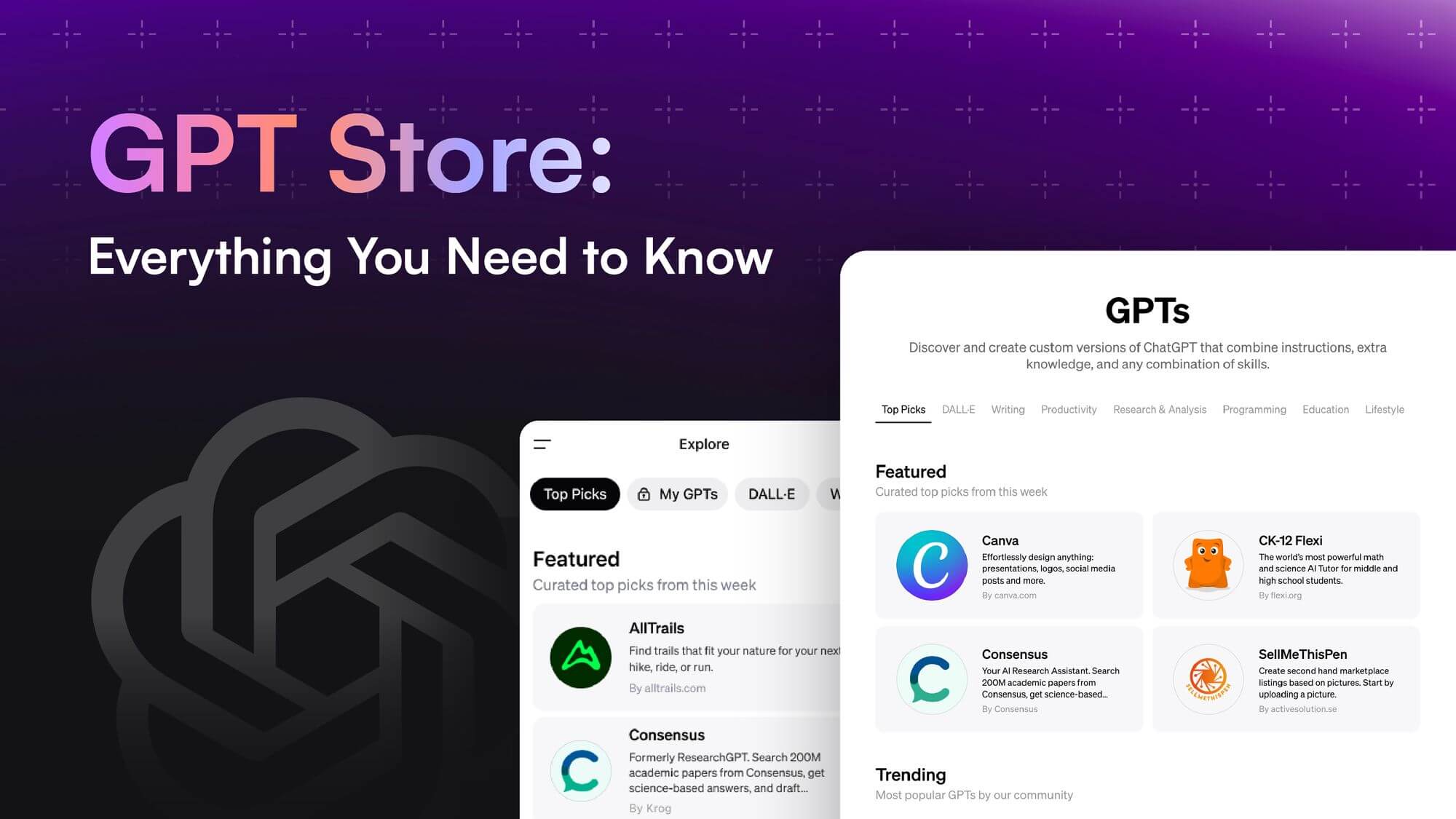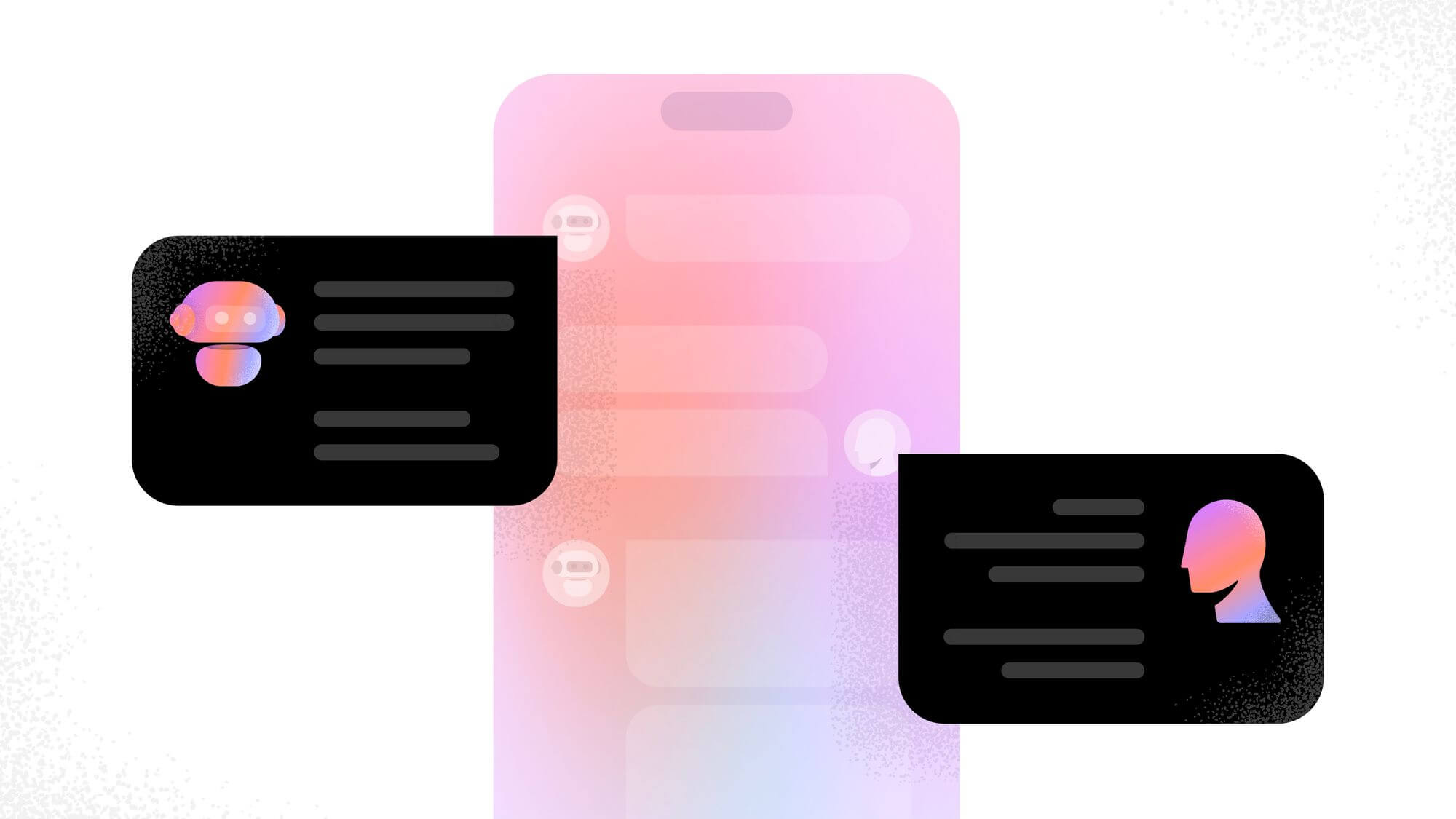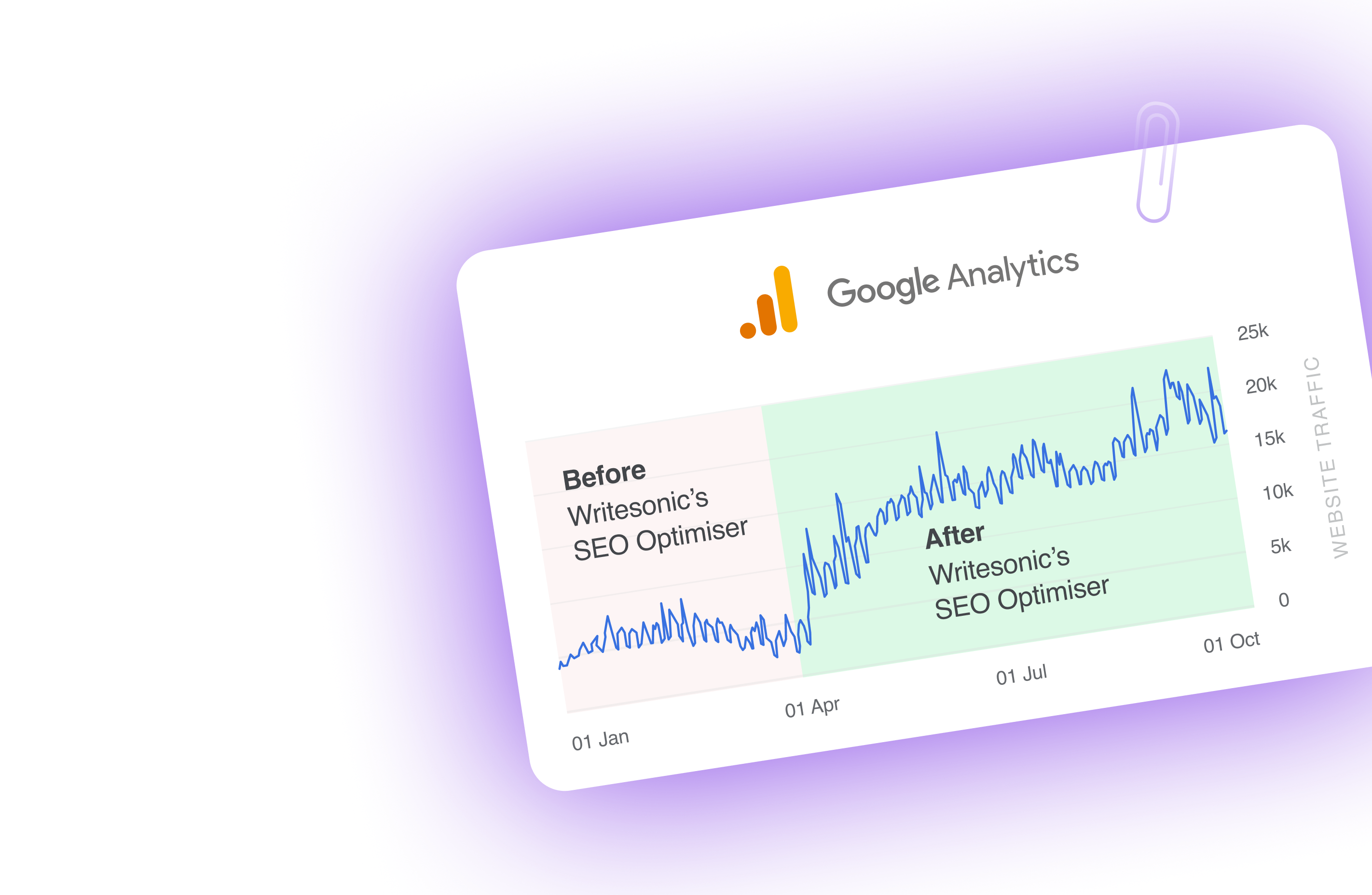When it comes to AI tools, Claude has quickly become one of the most talked-about options. However, there are many other powerful alternatives that cater to different needs.
Whether you’re looking for higher accuracy, faster responses, or better integration with your existing systems, there’s something for everyone.
But what makes a good Claude alternative?
We evaluated several options based on key factors like ease of use, accuracy, responsiveness, and unique features that set them apart.
How we assessed Claude AI alternatives
When evaluating alternatives to Claude AI, we kept several important factors in mind:
- AI capabilities: AI should do more than just grammar checks; it should help you quickly generate creative, high-quality content. We looked for tools that offer advanced AI capabilities, such as content generation, customization options, advanced editing features, built-in canvas, and diverse usage for different teams.
- Customization: It’s crucial that a tool can adapt to your brand’s unique voice and style. We prioritized alternatives that allow you to set custom style guides and tone preferences, ensuring your content stays aligned with your brand’s identity.
- Ease of use: The best alternatives are intuitive and easy to navigate, allowing you to jump in and start writing without wasting time on figuring out complicated settings.
- Reviews and ratings: We checked what real users are saying on software review sites like G2 and Capterra. Understanding the reviews gave us a full picture of each tool’s pros and cons.
- Pricing: From budget-friendly to premium, we listed down tools of all types considering their value for features.
What makes a good Claude alternative?
When evaluating the best Claude AI alternatives, we focused on several key factors that define a great AI tool.
First, ease of use: the interface must be intuitive and accessible for both new and experienced users.
Next, accuracy and responsiveness are crucial—an AI tool should quickly generate relevant and precise responses.
Versatility also played a role; the tool should be adaptable to various use cases, from content creation to customer support.
Finally, cost-effectiveness was considered to ensure the value provided matches the pricing.
These factors help ensure that the alternatives listed are capable of delivering a high-quality, seamless experience.
12 Best Claude AI alternatives to try
| AI tool name | Best for | Pricing |
| Chatsonic | Content writers, marketers, and SEO teams | Starts at $16/month |
| ChatGPT | Human-like, conversational AI-generated results | Free version, Plus at $20/month |
| Google Gemini | Problem-solving and handling complex tasks | Free, $19.99/month for premium |
| Perplexity AI | Researchers, writers, and developers | Free, Premium at $20/month |
| Microsoft Copilot | Teams relying on Microsoft 365 suite | $30/month |
| Poe | Writers, content creators, and professionals | Free, Premium at $20/month |
| HuggingChat | Developers and AI enthusiasts | Free |
| TLDR This | Summarizing articles and documents quickly | Free, Premium plans starting at $4/month |
| YouChat | Conversational search with real-time information | Free |
| GitHub Copilot | Developers seeking AI-assisted coding | Free, Paid at $4/month/user |
| Character.AI | Customizable AI character interactions | Free, Premium at $9.99/month |
| Grok | Edgy and witty AI interactions on X (Twitter) | Premium+ X subscription at $16/month |
1. Chatsonic
Best for: Content writers, marketers, and SEO teams looking for real-time, up-to-date information.
Overview:
Chatsonic, a Writesonic product, is perfect for content creators and marketers needing an AI tool beyond text generation.
This intuitive ChatGPT alternative excels at day-to-day queries and creating blog content and articles. It also offers built-in advanced SEO features to ensure your content performs well in search rankings.
Chatsonic is built for high-volume content creators and marketers who need an edge in terms of SEO and creativity.
Unlike other tools, Chatsonic integrates with tools like Google Search and Ahrefs to pull up the most relevant data, making its responses more contextually accurate.
This can be a game-changer when you’re looking for fresh content ideas or need content that ranks well on search engines.
The best part is that Chatsonic doesn’t hallucinate content like most AI tools. The platform reproduces all content 100% fact-checked.
This tool is designed to address ChatGPT’s limitations, providing real-time data, images, voice searches, and a plethora of content creation capabilities.
With real-time SEO and verified data, Chatsonic significantly reduces the time spent on content creation by eliminating manual cross-checking.
As an all-inclusive marketing solution that enables users to achieve end-to-end workflow, this tool provides the intelligence of a marketing expert–perfect for anyone in content or SEO.
Key features:
- Real-time SEO optimization with built-in integrations for Ahrefs, Google Search Console, and more.
- Outputs with sources and citations.
- Voice integration for generating content via voice commands.
- Multi-language support for global content creation.
- Handy Chrome extension for instant access across the web.
- Integration with Google to provide up-to-date and real-time information.
- Model-agnostic LLM framework with various AI models (GPT-4, Claude 3, Gemini, and more).
- Easy-to-use interface.
- Fast content generation with the option to refine through Canvas.
Pricing:
- Starts at $16/month for individual plans. 25 credits for free through the free plan.
G2 rating: 4.0/5
Reviews: Users highlight the strong editing and content generation capabilities of Chatsonic and how it provides a more humanized output than other AI tools. Some find the UI to be overwhelming.
2. ChatGPT
Best for: Human-like, conversational AI-generated results.
Overview:
ChatGPT, developed by OpenAI, is widely recognized for its ability to understand natural language and conversational abilities.
It’s an excellent choice for those who need an AI tool capable of simulating human-like conversations, generating creative content, and even assisting with technical tasks like coding.
When comparing Claude AI vs ChatGPT, both AI models have their strengths, but ChatGPT stands out for its deep learning capabilities and ability to engage in multi-turn conversations.
The tool is optimized for a wide range of applications, from casual chats to more complex query handling.
With its GPT-4o model, ChatGPT can generate highly accurate and context-aware responses, which makes it a popular choice for users who require detailed, coherent interactions.
Key features:
- Advanced conversational abilities for both structured and open-ended dialogue.
- Internal memory feature remembers context of old queries to enhance future outputs.
- Integration with various platforms (Slack, Microsoft Teams, etc.)
- Strong contextual understanding of multi-turn conversations.
- API access for developers to integrate into custom workflows.
- Multi-lingual platform.
Pros:
- Highly versatile across different tasks (content creation, Q&A, etc.)
- Can remember details between chats, allowing it to provide more relevant responses. Users can also edit the memory.
- Regularly updated with improved models (GPT-4o and beyond).
Cons:
- Daily capacity limits on free tier.
- Usage limits of 40 messages every 3 hours.
- Occasional network errors during web browsing.
- AI hallucinations affect the reliability of the content.
Pricing:
- Free version with limited access. ChatGPT Plus starts at $20/month for full access to GPT-4.
G2 rating: 4.7/5
Reviews: Users appreciate how ChatGPT can understand the context from previous prompts to enhance future outputs. The versatility and ease of use are also a highlight. A common downside is that the tool cannot effectively browse links, and pricing can be high.
You might also like: 17 Best ChatGPT Alternatives
3. Google Gemini
Best for: Problem-solving and handling complex tasks.
Overview:
Google Gemini, formerly known as Bard, is an advanced conversational AI within the Google ecosystem.
The tool is designed for those who need an AI tool that excels in search-based tasks, complex data analysis, and content generation.
It’s ideal for users who work in data-heavy industries or need precise, real-time information to power their projects.
In the debate of Claude AI vs Gemini, Google Gemini is a powerful alternative that focuses on integrating Google’s vast knowledge graph into its capabilities.
Gemini’s strength lies in its ability to pull from a wide array of live data sources and generate contextually rich responses.
It’s highly suited for users who require AI that can offer up-to-date insights and seamless integration with Google’s ecosystem of tools.
Key features:
- Real-time access to live data for generating up-to-date content.
- Deep integration with Google’s search capabilities.
- Strong performance in data-heavy tasks (e.g., research, analytics).
- Multi-modal AI is capable of processing both text and image inputs.
- Powerful capabilities for businesses and enterprise solutions.
Pros:
- Fast and accurate responses with up-to-date information.
- Integrates seamlessly with Google tools like Google Cloud, Docs, and Sheets.
- Powerful data analytics capabilities for enterprise-level applications.
Cons:
- Still evolving in terms of conversational abilities compared to competitors.
- Limited availability compared to other more widely used AI tools.
Pricing:
- Free version available. Available through Google One AI Premium Plan for $19.99/month
G2 rating: 4.4/5
Reviews: Users highlight the ease of use and content generation abilities but find the tool to lack self-learning capabilities and hallucinate facts.
4. Perplexity AI
Best for: Researchers, writers, and developers who require nuanced AI capabilities.
Overview:
Perplexity AI is an excellent choice for users needing a high-performance, accurate AI tool that understands complex language structures and produces human-like text.
The tools excels in highly detailed, contextually aware, and complex content generation, making it perfect for those who need AI that understands intricate language structures, handles technical topics, and creates well-researched long-form content.
Unlike some AI tools that focus on generating quick answers, Perplexity AI takes a more meticulous approach, making it perfect for users who value depth and accuracy.
Compared to tools like Claude AI, it tends to perform better with intricate queries and longer-form content generation, offering more depth in its responses.
It’s an AI tool designed for those who need to generate rich, well-researched content and technical documents.
Key features:
- Advanced understanding of complex language structures.
- Offers on-the-go access with voice search and multilingual support.
- High perplexity and burstiness for more nuanced responses.
- Can handle specific, niche topics with expertise.
- Summarizes active web pages and allows direct queries from the toolbar.
- Provides citations for all responses.
Pros:
- Highly accurate and contextual responses.
- Ideal for research-based content and technical writing.
- Ensures to come up with up-to-date information.
Cons:
- No API access.
- The free version has token limits.
- Focused on conversational search and information discovery.
Pricing:
- Free plan with limited features available. Premium plan starts at $20 per month or $200 per year.
G2 rating: 4.6/5
Reviews: Users highlight the versatility of the tool for content creation, coding, and research. However, many point out how the tool tends to forget context after follow-up questions.
Also read: Perplexity AI vs. ChatGPT: Which Is the Best Conversational AI Tool?
5. Microsoft Copilot
Best for: Teams who rely heavily on the Microsoft 365 suite.
Overview:
Microsoft Copilot is designed for professionals looking to streamline their productivity and collaborate more effectively within Microsoft’s ecosystem.
It’s ideal for teams and organizations that rely heavily on Microsoft Office tools (Word, Excel, PowerPoint) and need AI integration to enhance efficiency, automate repetitive tasks, and improve document workflows.
Microsoft Copilot is integrated directly into Microsoft 365 apps and uses AI to enhance user experience by assisting with tasks such as drafting content, summarizing documents, analyzing data, and even generating code.
What sets Copilot apart from alternatives like Claude AI is its seamless integration with the Microsoft suite, allowing users to work directly within familiar applications while benefiting from powerful AI capabilities.
For example, Copilot in Word can help generate based on brief prompts, while in Excel, it can analyze trends and generate formulas.
The tool leverages OpenAI’s models, giving it an edge in natural language understanding and the ability to interact with data in real-time.
Key features:
- Directly embedded within Microsoft 365 apps, making it highly efficient for Microsoft-centric workflows.
- Can draft emails, proposals, or even entire reports based on user input, making document creation faster and more efficient.
- Analyzes complex data sets, identify trends, and provide actionable insights for Excel users.
- Automates repetitive tasks such as scheduling meetings, generating reports, and organizing emails.
Pros:
- Easy integration with widely used Microsoft Office tools.
- Increases productivity by automating routine tasks.
- Helps with data analysis and generating actionable insights in Excel.
- Great for teams who rely heavily on Microsoft 365 suite.
Cons:
- Currently limited to Microsoft Office ecosystem—less versatile compared to standalone AI tools.
- Can be expensive, especially for small teams or individuals.
- May require a learning curve for those unfamiliar with AI integrations in Office apps.
Pricing:
- $30/month.
G2 rating: 4.3/5
Reviews: User reviews highlight how the tool is great for day-to-day tasks like summarizing text and quick web searches.
6. Poe
Best for: Writers, content creators, and professionals who want AI-enhanced writing.
Overview:
Poe (Product of OpenAI) is an AI chatbot platform designed for users who want access to multiple powerful AI models for various types of content generation.
It’s geared towards users who want flexibility in their AI interactions. You can switch between different models for different purposes, such as generating creative writing, technical content, or even exploring new concepts.
Key features:
- Uses sophisticated NLP algorithms to understand and generate coherent and contextually relevant text.
- Capable of producing creative writing, including stories, poems, and other literary works, enhancing the creative process.
- Offers suggestions for grammar, punctuation, and style improvements, ensuring polished and professional content.
- Adapts to different writing styles and tones, allowing users to tailor the output to their specific needs.
Pros:
- Easy-to-use interface for writing and editing.
- Offers multiple AI models for flexibility.
- Great for both creative and technical content generation.
- Ideal for experimentation and learning with AI.
Cons:
- Lacks some of the advanced features of more specialized AI tools.
- Not as powerful as full-fledged enterprise tools like ChatGPT or Chatsonic.
- Not as focused on data analytics or long-form content creation.
- Lacks deep contextual understanding and requires human oversight.
Pricing:
- Free version available for basic usage. Paid plan starts at $20 per month or $200 per year.
G2 rating: 4.5/5
Reviews: Poe is highly appreciated for its extensive collection of AI models that are available in one place, making it convenient for users to switch between different models for various use cases.
7. HuggingChat
Best for: Developers and AI enthusiasts seeking an open-source alternative to ChatGPT for various conversational AI applications.
Overview:
Developed by Hugging Face, HuggingChat is an open-source AI chatbot designed to facilitate natural language conversations.
This AI tool leverages models like Llama 2, CodeLlama, Falcon, and Mistral to generate human-like text, assist with coding tasks, and provide informative responses.
Its open-source nature allows users to access and modify the source code, fostering customization and transparency.
Key features:
- Multi-language support.
- Open-source accessibility.
- Provides advanced model support.
- User-friendly interface helps to make AI interactions better.
- Leverages advanced ML techniques to understand and respond to user queries.
Pros:
- Available at no cost, making it accessible for individuals and organizations.
- Capable of generating text, assisting with coding, and answering general queries.
- Strong focus on user privacy.
Cons:
- As it’s still evolving, users might encounter occasional bugs or limitations.
- May lack some functionalities found in more established AI chatbots.
Pricing:
- HuggingChat is free to use. It requires authentication through a Hugging Face account.
G2 rating: Not available.
8. TLDR This
Best for: Students, educators, writers, and professionals needing quick summaries of lengthy articles or documents.
Overview:
TLDR This is an AI-powered tool that condenses extensive texts into concise summaries, enabling users to grasp key points swiftly.
Whether you’re a student cramming for exams, a writer researching for your next piece, or a professional trying to stay updated, TLDR This ensures you get the essence of any document in just a click.
Available as a web application and browser extension, it facilitates seamless summarization of articles, blog posts, and documents.
With the ability to rewrite text in different styles and voices, TLDR This also serves as a versatile paraphrasing tool, helping you avoid plagiarism and cater content to various audiences.
Key features:
- Transforms lengthy content into digestible insights with a single click.
- Automatically retrieves information like author names, publication dates, and reading time estimates.
- Eliminates ads and distractions, providing a clean reading experience.
- Summarize any webpage without switching tabs through the browser extension.
- Allows users to upload documents for summarization.
Pros:
- Quickly summarizes long texts, aiding in faster comprehension.
- Clean design facilitates easy navigation and use.
- Supports URLs, pasted text, and file uploads for summarization.
- Useful for a wide range of users, including students, writers, teachers, and journalists.
- Helps in rewriting sentences to avoid plagiarism and tailor content to specific audiences.
- Offers a freemium model, making it accessible for users to try before subscribing to advanced features.
Cons:
- Restricted file size and chat message count in the free version.
- May occasionally omit nuanced details in summaries.
- Primarily for paraphrasing and summarizing–not for AI content generation.
Pricing: Offers a freemium model and affordable pricing models for the business plan: $4/ month, $8.25/month, and $16.60/month.
G2 rating: 4.5/5
Reviews: Users appreciate the summarization capabilities as it effectively scans text and provides only essential information. The ability to upload content as text, PDFs, or external files is also seen as a highlight.
Also read: 8 Paraphrasing Tools To Improve Content Quality
9. YouChat
Best for: AI-powered conversational search with real-time information retrieval.
Overview:
YouChat, developed by You.com, is an AI conversational search assistant that provides detailed answers to complex questions.
This Claude AI alternative is an AI chatbot embedded within You.com. It is designed to enhance your search experience by providing both AI-generated answers and conventional search results.
Whether you’re searching for general information, images, and videos or generating artwork and code, YouChat provides the tools and capabilities needed to meet diverse informational needs.
Key features:
- Hybrid search capabilities.
- Cross-platform compatibility.
- Helps to generate artwork, code, and various types of content.
- Multimodal search allows users to search for images, videos, news, and more.
Pros:
- Engages in natural language dialogues, enhancing the search experience.
- Provides up-to-date data, ensuring responses are current and relevant.
- Includes references in responses, allowing users to verify information easily.
- Integration with You.com for search and chat functionalities within a single platform.
Cons:
- Limited depth in responses as seen in dedicated AI tools like ChatGPT or Claude AI.
- Features and functionalities are still evolving compared to established competitors.
- Content may lack accuracy.
Pricing:
- YouChat is currently free for users and can be accessed via You.com without any subscription requirements.
G2 rating: 4.4/5
10. GitHub Copilot
Best for: Developers seeking AI-assisted coding to enhance productivity and streamline development.
Overview:
GitHub Copilot, developed by GitHub in collaboration with OpenAI, is an AI-powered code completion tool that assists developers by suggesting code snippets and entire functions in real time.
This tool leverages the OpenAI Codex model, trained on a vast array of public code repositories, to provide context-aware code suggestions directly within the integrated development environment (IDE).
Whether you’re debugging, refactoring, or starting from scratch, Github is perfect for the coding journey. It makes development faster, more efficient, and more enjoyable.
Key features:
- Offers immediate code completions and suggestions as you type, enhancing coding efficiency.
- Supports a wide range of programming languages, including Python, JavaScript, TypeScript, Ruby, and Go.
- Understands the context of your code to provide relevant suggestions, reducing the need for extensive documentation searches.
- Compatible with Visual Studio Code, Neovim, and JetBrains IDEs, allowing seamless integration into existing workflows.
Pros:
- Accelerates coding by providing relevant suggestions, allowing developers to focus on higher-level logic.
- Helps developers learn new languages and frameworks by offering code examples and explanations.
- Automates boilerplate code generation, minimizing manual coding of repetitive patterns.
Cons:
- Code quality variability.
- Steep learning curve is involved.
- Privacy and intellectual property concerns.
Pricing:
- Available for free with limited features. Paid plans start at $4 per user/month. Additional add-ons are also available.
G2 rating: 4.4/5
Reviews: GitHub Copilot is praised for significantly boosting productivity by providing intelligent code suggestions and autocompletion within the IDE. However, it sometimes provides inaccurate or irrelevant code suggestions.
You might also like: How to Use AIPRM for ChatGPT
11. Character.AI
Best for: Users interested in creating and interacting with customizable AI characters for entertainment, education, or companionship.
Overview:
Character.AI is a platform that allows users to create and engage with AI-generated characters, each possessing unique personalities and conversational styles.
Founded in 2021, the platform enables interactions with fictional characters, historical figures, or user-designed personas, providing a diverse range of conversational experiences.
This innovative tool is designed to provide entertaining, educational, and emotionally supportive interactions.
Whether you’re looking to role-play, story-tell, create social media content, or simply have fun, Character.AI offers the tools and flexibility needed to create compelling AI interactions.
Key features:
- Users can design custom characters, defining their traits, backgrounds, and dialogue styles.
- Offers a library of pre-designed characters, including famous personalities and fictional figures.
- Includes a “Character Voice” feature, allowing users to have voice conversations with AI characters.
- Enables users to share their created characters with the community, fostering collaborative development.
Pros:
- Serves as a tool for learning through interactions with historical figures or subject matter experts.
- Available on both Android and iOS apps.
- Supports versatile themes like helpers, games, teaching, and more.
Cons:
- High traffic can cause slowdowns for free users, affecting the interaction experience.
- Strict content filters may hinder certain types of conversations, limiting user freedom.
- AI characters may occasionally deviate from their defined personalities, leading to less authentic interactions.
Pricing:
- Character.AI offers a free plan with limited features. The paid premium plan costs $9.99/month.
G2 rating: Not available.
12. Grok
Best for: Tech enthusiasts, developers, and users seeking unconventional and edgy AI interactions integrated within the X platform (formerly Twitter).
Overview:
Developed by Elon Musk’s xAI, Grok is an AI chatbot designed to provide informative yet witty responses you may not find from most AI systems.
Be it drafting emails, debugging code, or generating ideas, Grok has got you covered. It receives an input or command, applies knowledge via training data, and uses sophisticated neural networks to generate relevant output.
Grok is accessible to users with a Premium+ X subscription. It integrates seamlessly into the social media ecosystem for those willing to explore its unique capabilities.
Grok offers a unique conversational experience integrated into the X platform, blending practical information with a touch of humor.
Key features:
- Delivers responses with a witty and sometimes rebellious tone, making conversations more engaging and human-like.
- Seamlessly integrates with the X platform, enabling users to interact without leaving the app.
- Includes a text-to-image feature that allows users to create images based on prompts.
Pros:
- Innovative approach to AI.
- Multi-domain expertise.
- Global impact and scale.
- Unique personality and engagement.
- Potential for rapid improvement.
Cons:
- Automatic enrollment of X users for data training has raised privacy issues.
- Dependency on Musk’s vision.
- Market competition and viability.
Pricing:
- Available to premium+ users – people who are paying $16/month or $168/year subscription fee. With the latest update, users paying $8/month can access the chatbot.
G2 rating: Not available.
Verdict: Why Chatsonic stands out as the best Claude AI alternative
When evaluating Claude AI alternatives, we focused on critical factors like ease of use, accuracy, responsiveness, versatility, and cost-effectiveness.
But we found that Chatsonic emerges as a clear leader among all the tools analyzed, offering a comprehensive, innovative, and user-friendly experience for marketing professionals and beyond.
Reasons why Chatsonic stands out over Claude AI
1. Built-in and data-backed SEO insights
Chatsonic is more than an AI chatbot. The intuitive tool acts as a virtual marketing consultant.
It simplifies workflows by combining advanced SEO research, real-time data integration, and content creation in one platform.
For example, if you’re writing a blog, Chatsonic’s Marketing Mode can provide a comprehensive and detailed keyword analysis that will help you determine which terms to include and which pages to compete with.
Here’s how Chatsonic’s Marketing Mode looks in action:
When we asked Chatsonic to do keyword research on “best vegan chocolate cake recipe,” along with competitor page analysis, this is the output we received:
If we look at this output more closely, you’ll see that Chatsonic has provided in-depth reports for topic clusters, keywords, and content insights with real-time data:
With real-time results from Ahrefs and Google Search, you can easily get data-driven insights for SEO blogs.
Again, Chatsonic is a clear winner among Claude AI alternatives if you want in-depth, fact-checked results for SEO tasks.
2. Addresses common AI challenges
The growing abundance of fragmented AI tools has raised customer expectations. Chatsonic tackles this head-on by:
- Offering end-to-end capabilities that eliminate the need for multiple subscriptions.
- Providing real-time integrations with platforms like Google Search, Ahrefs, and People Also Ask, for up-to-date and accurate insights.
- Reducing resource costs by streamlining workflows, saving time, and enhancing operational efficiency.
- Fact-checked and cited content results with zero AI hallucinations.
3. Features tailored for marketing professionals
If you’re in the field of marketing and content creation, Chatsonic is the best Claude AI alternative as it comes equipped with tools particularly for marketers, including:
- Real-time data integration.
- Supports voice command, and hands-free interaction with Natural Language Processing (NLP).
- Creates visuals using tools like Stable Diffusion and DALL-E, perfect for content creators.
- Aligns outputs with your brand’s tone and style for consistent messaging.
- Multimodal interaction for inputs like text, images, and voice, enabling diverse use cases.
4. Tailored for diverse use cases
Whether you’re a solopreneur, freelancer, in-house marketing team, or digital agency, Chatsonic adapts to your needs:
- Business owners: A low learning curve and simple interface help streamline tasks without prior marketing expertise.
- Freelancers and consultants: Get high-quality outputs that maximize efficiency and value for money.
- Marketing teams and agencies: Scale your operations with precision tools for research, creation, and reporting.
5. Comprehensive marketing workflow
Chatsonic’s Marketing Mode integrates seamlessly into your workflow from SEO analysis to creation to publishing.
Current tools include real-time SEO analysis, content creation, and publishing, with future expansions set to cover social media, email marketing, and paid ads.
With Chatsonic, you’re not just getting an AI tool—you’re partnering with a marketing powerhouse designed to adapt to your needs, eliminate inefficiencies, and help you achieve your goals.
Whether you’re creating high-ranking SEO content, managing complex campaigns, or simply looking for a tool to reduce costs and save time, Chatsonic delivers unmatched value and intelligence.
FAQs
1. Is there anything better than Claude AI?
Yes, depending on your needs, tools like Chatsonic may be a better option.
For marketers and content creators, Chatsonic offers a complete suite of features, including real-time data integration, SEO tools, and AI image generation, making it a more comprehensive alternative to Claude AI for many use cases.
2. What AI is better than ChatGPT?
If you’re looking for features like real-time data access and an all-in-one marketing solution, Chatsonic is an excellent choice.
This tool addresses some of ChatGPT’s limitations by integrating with tools like Google Search and Ahrefs, providing accurate and timely insights, especially for SEO and marketing professionals.
3. What are the best alternatives to Claude AI?
Some of the best alternatives include Chatsonic, Google Gemini, and Perplexity AI.
Among these, Chatsonic stands out for its advanced marketing features, such as keyword analysis, content creation, and future-ready email and ad optimization tools, making it ideal for businesses and marketers.
4. Is Claude free to use?
Claude AI offers a free version with limited features, making it accessible to casual users.
The premium features require a subscription, which may not offer the same comprehensive value as tools like Chatsonic, especially for advanced marketing and content creation needs.

